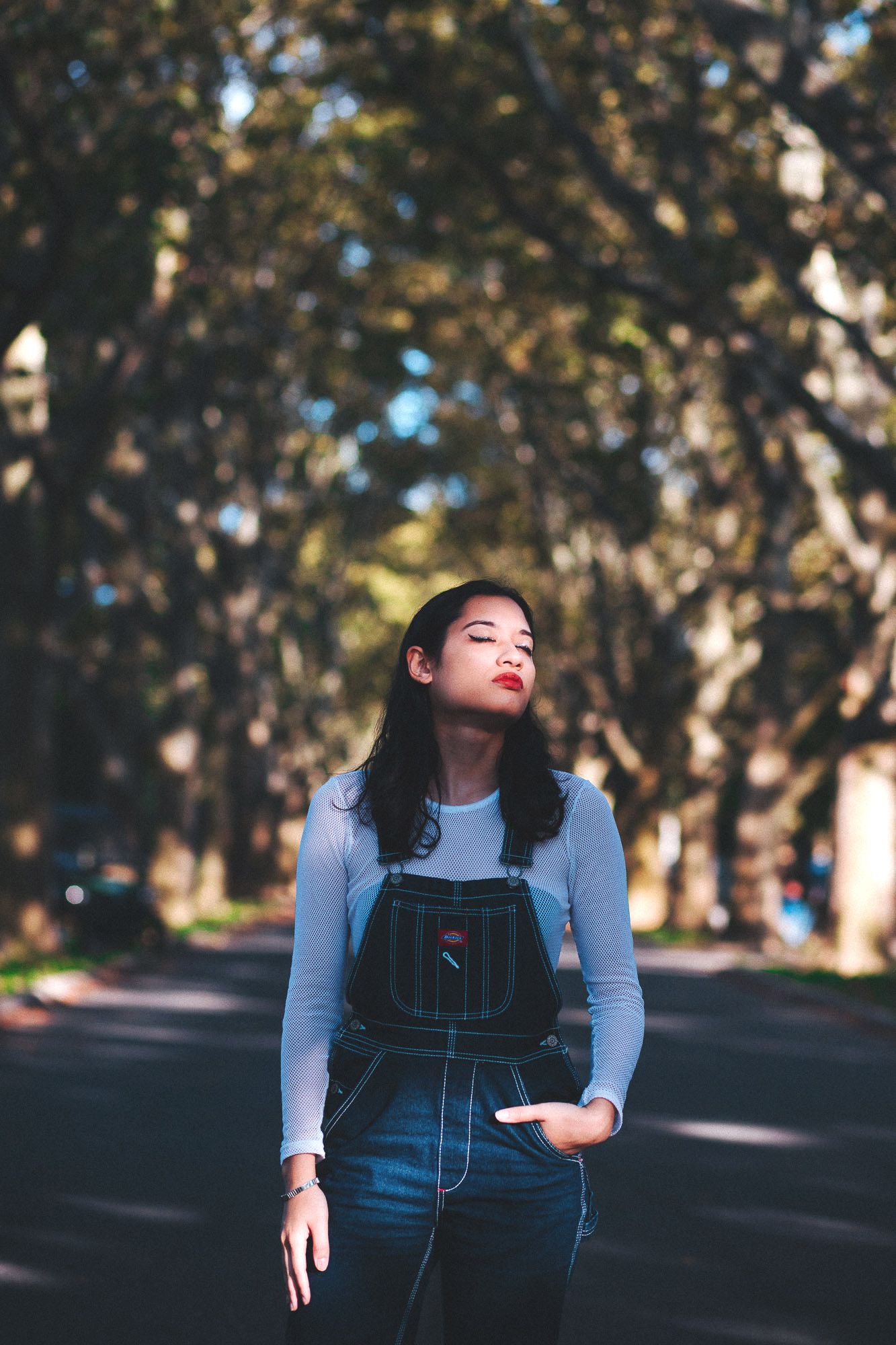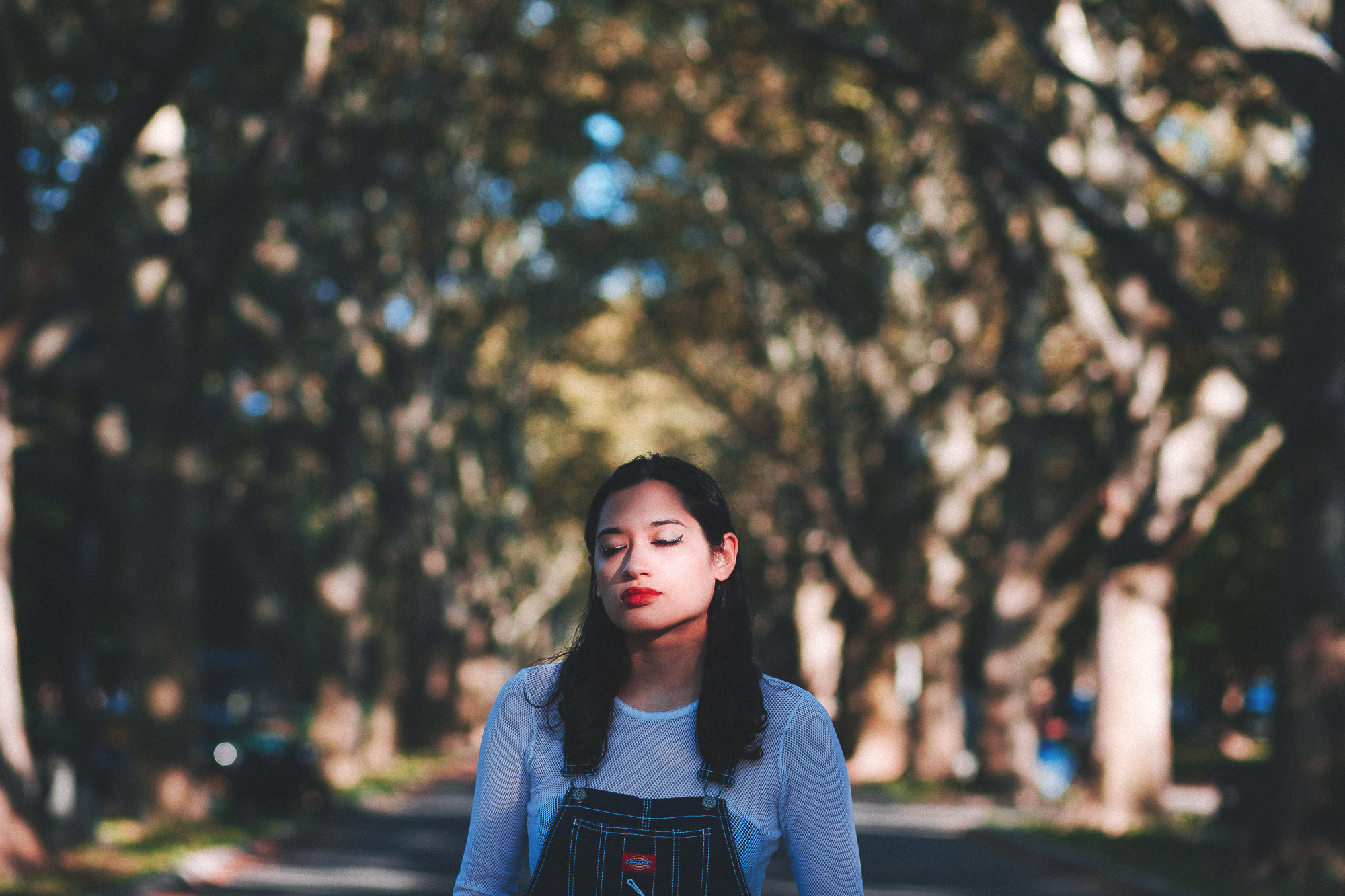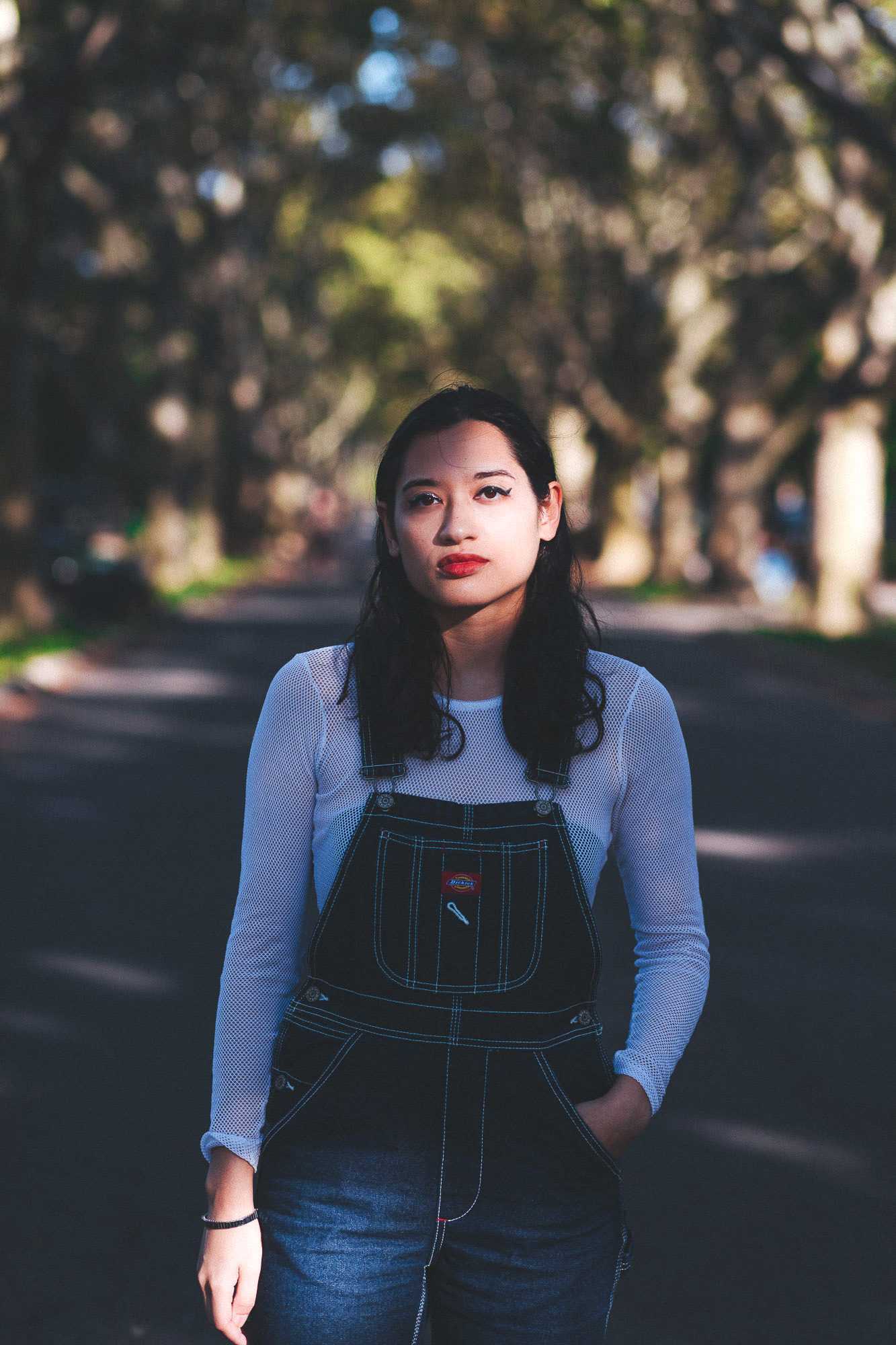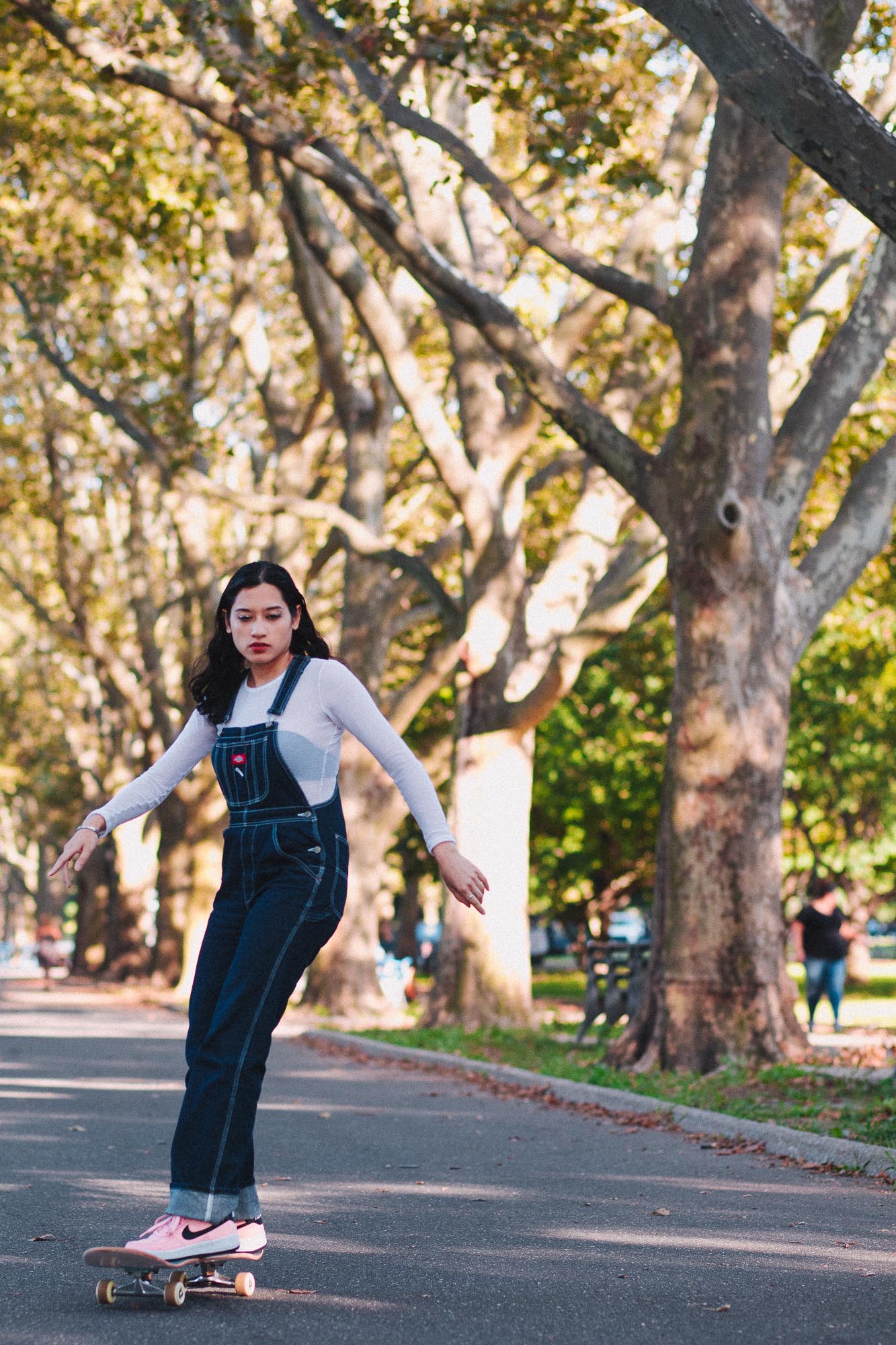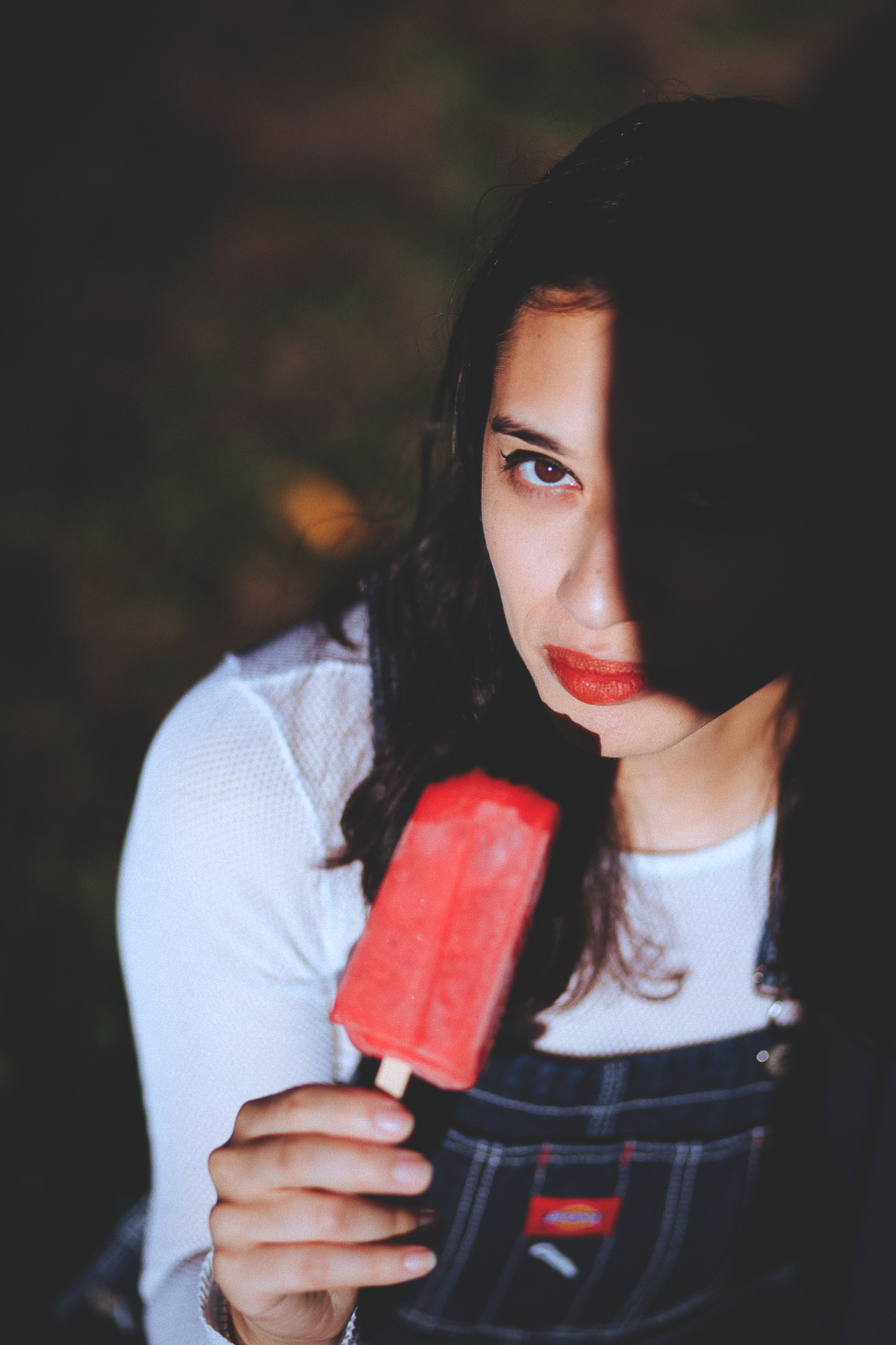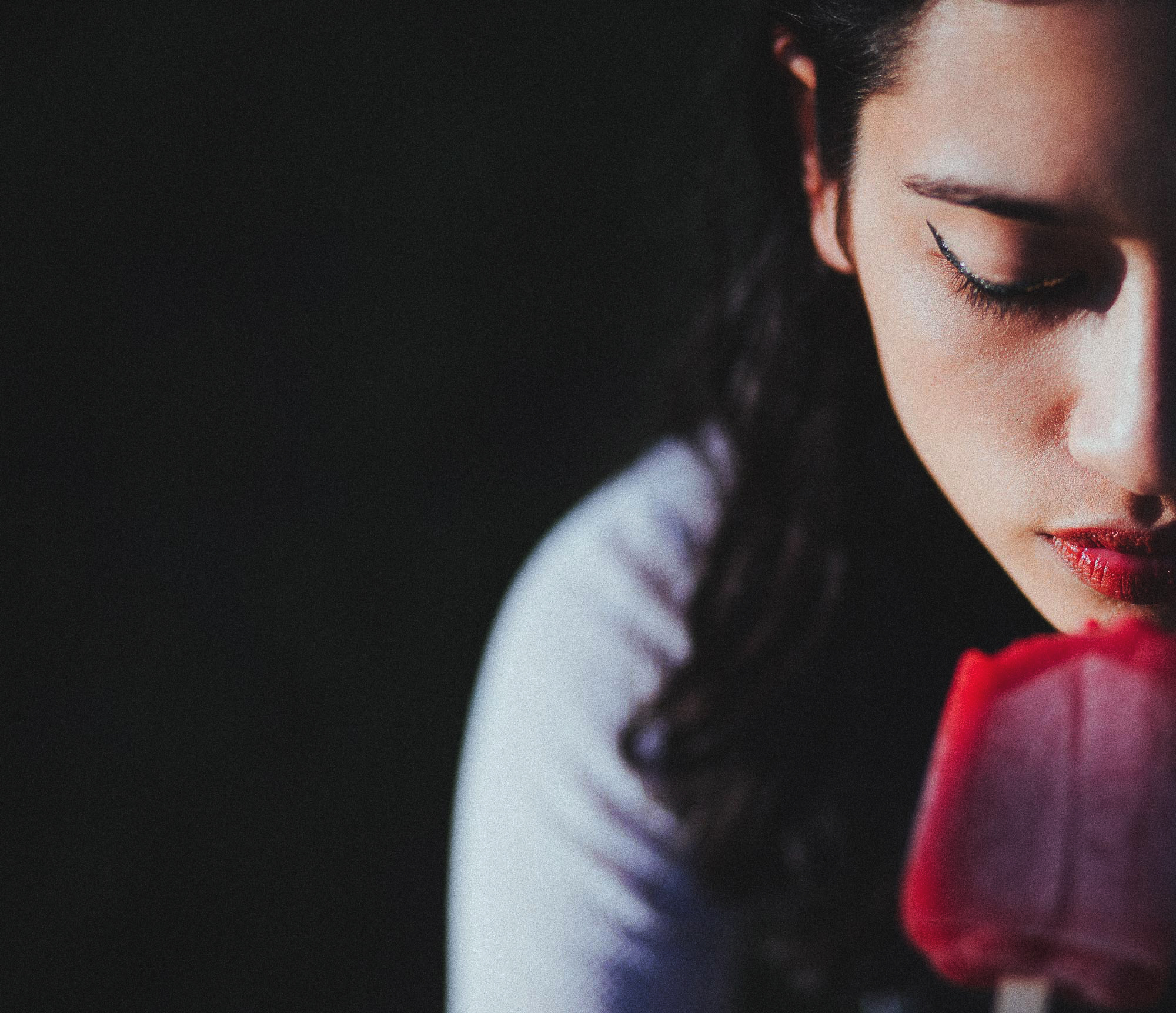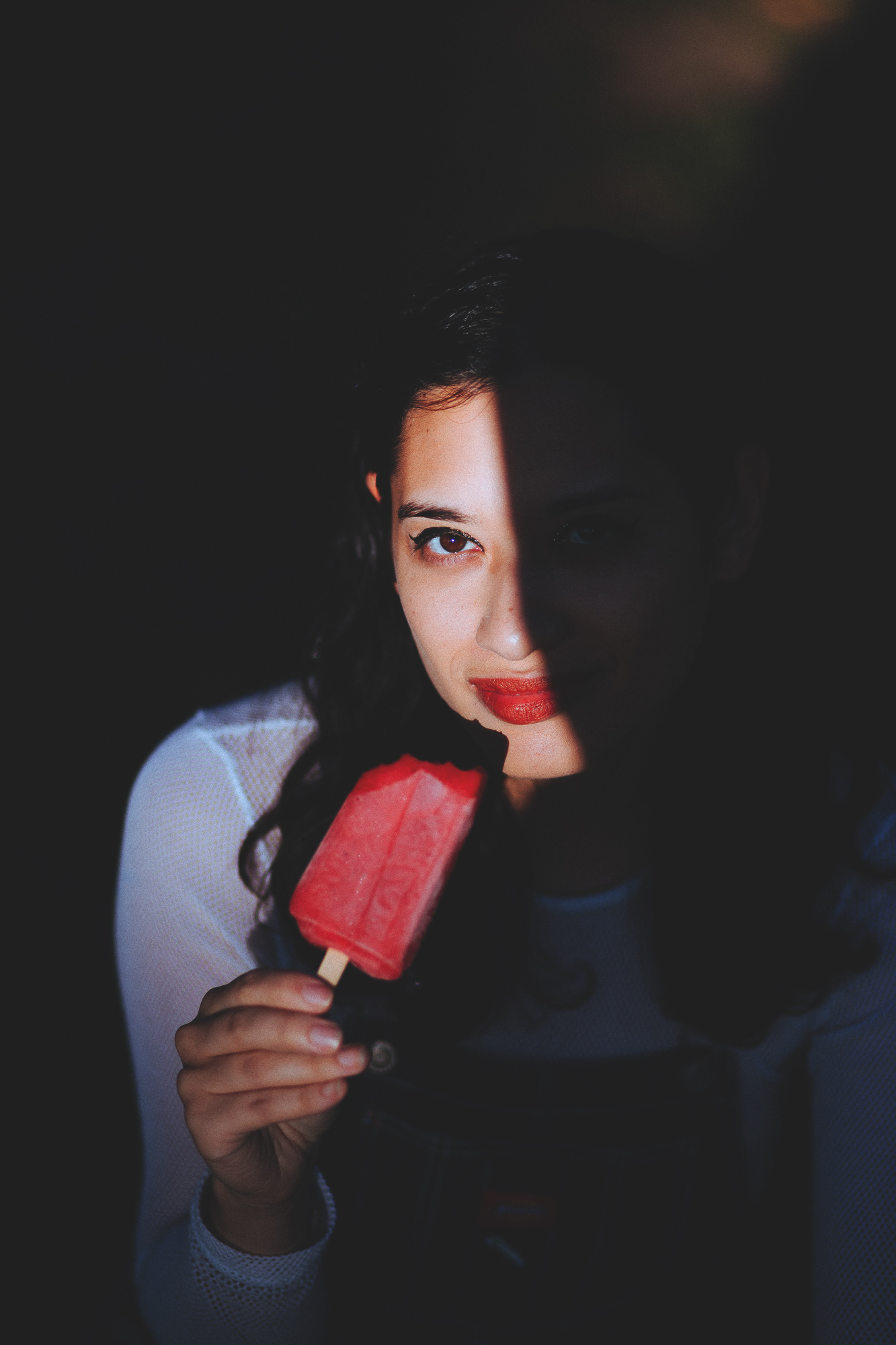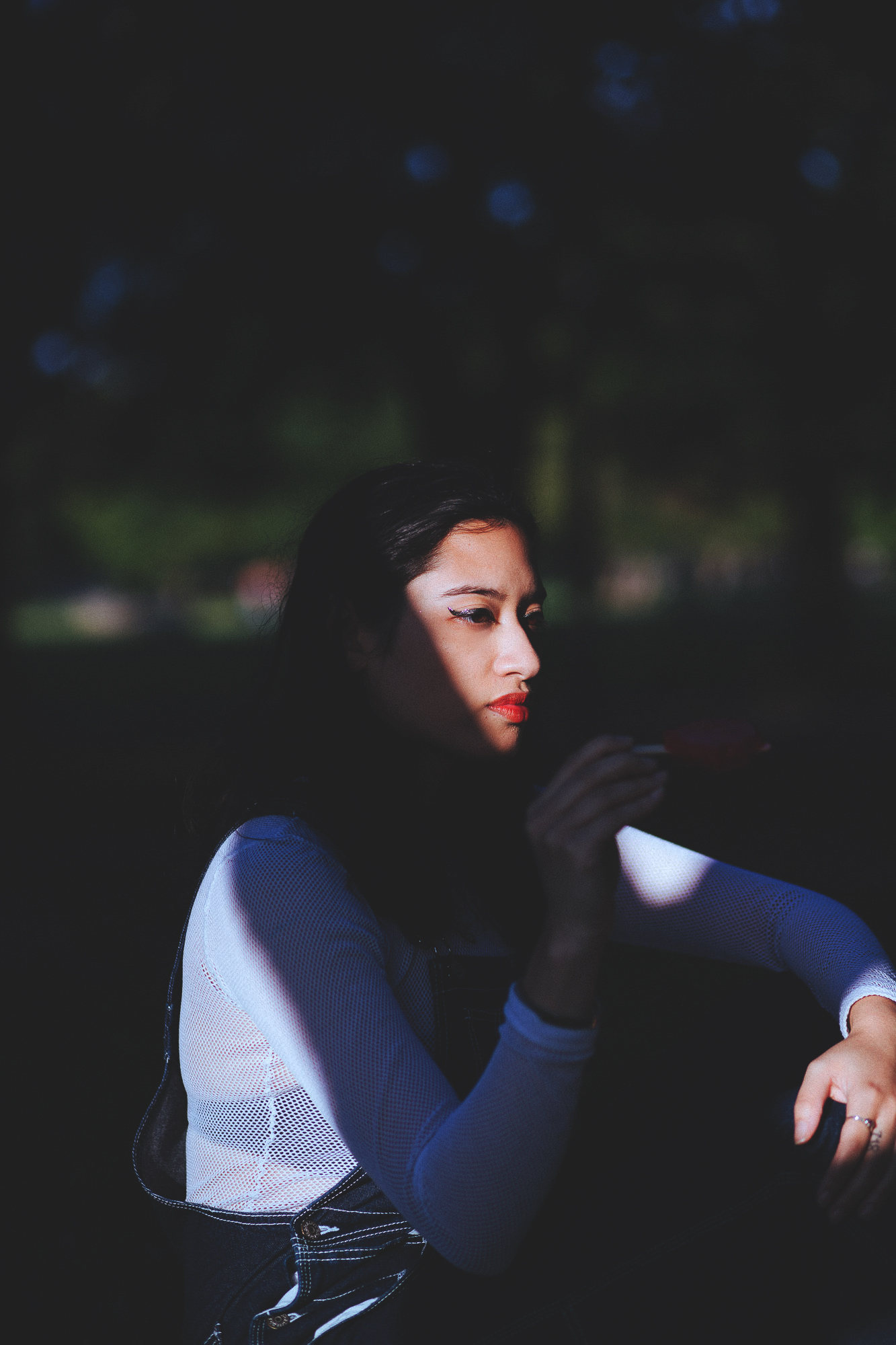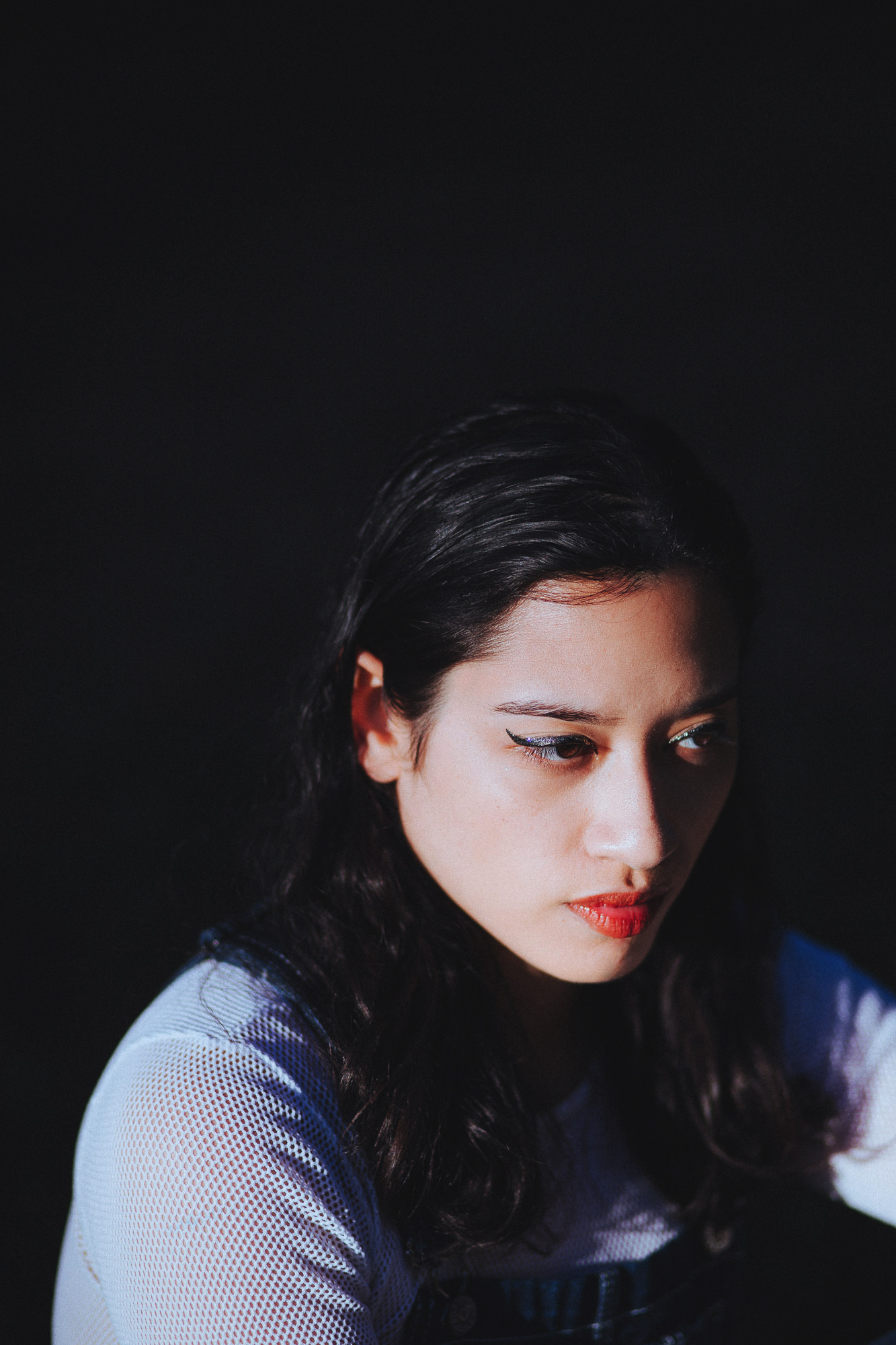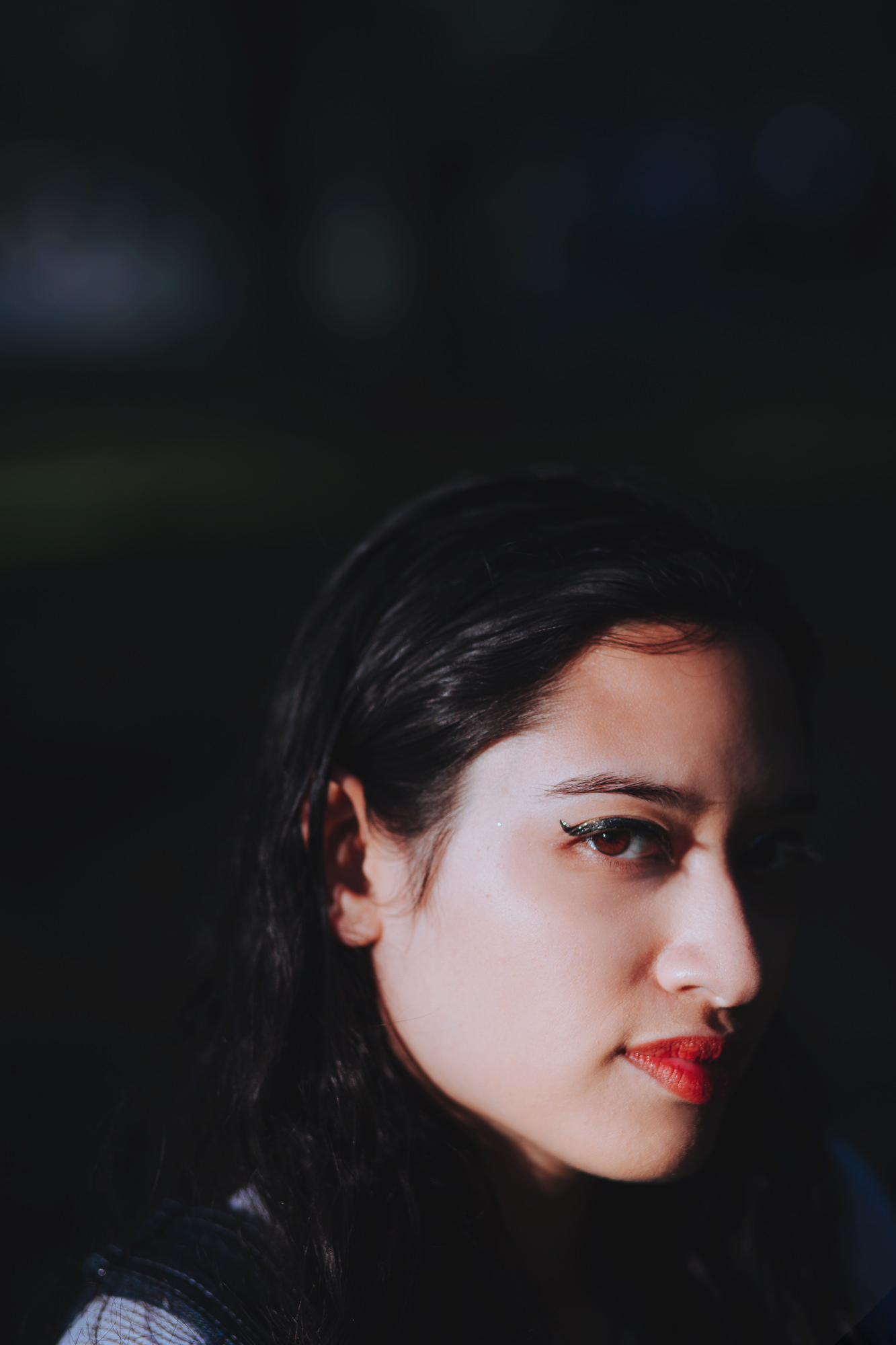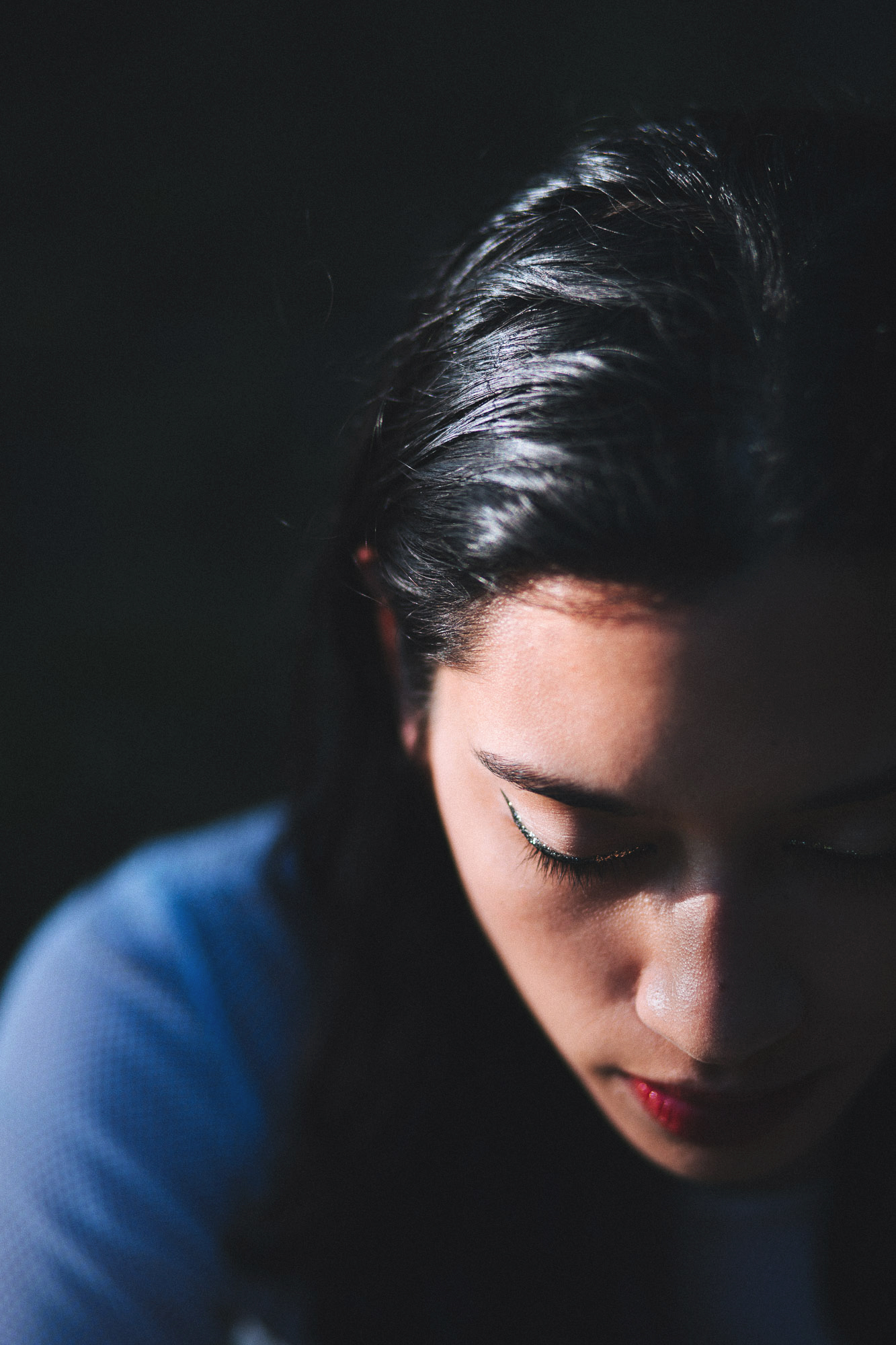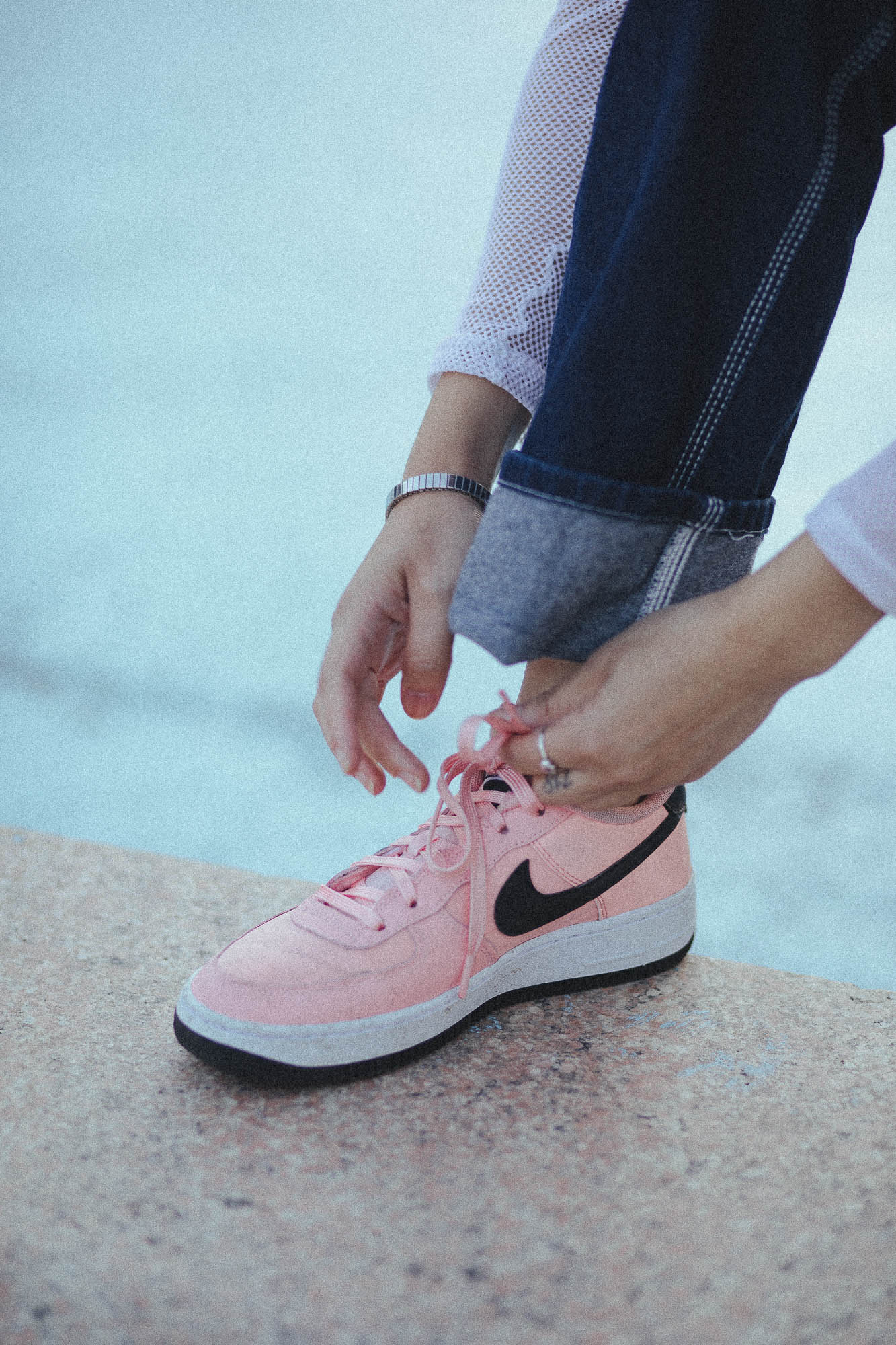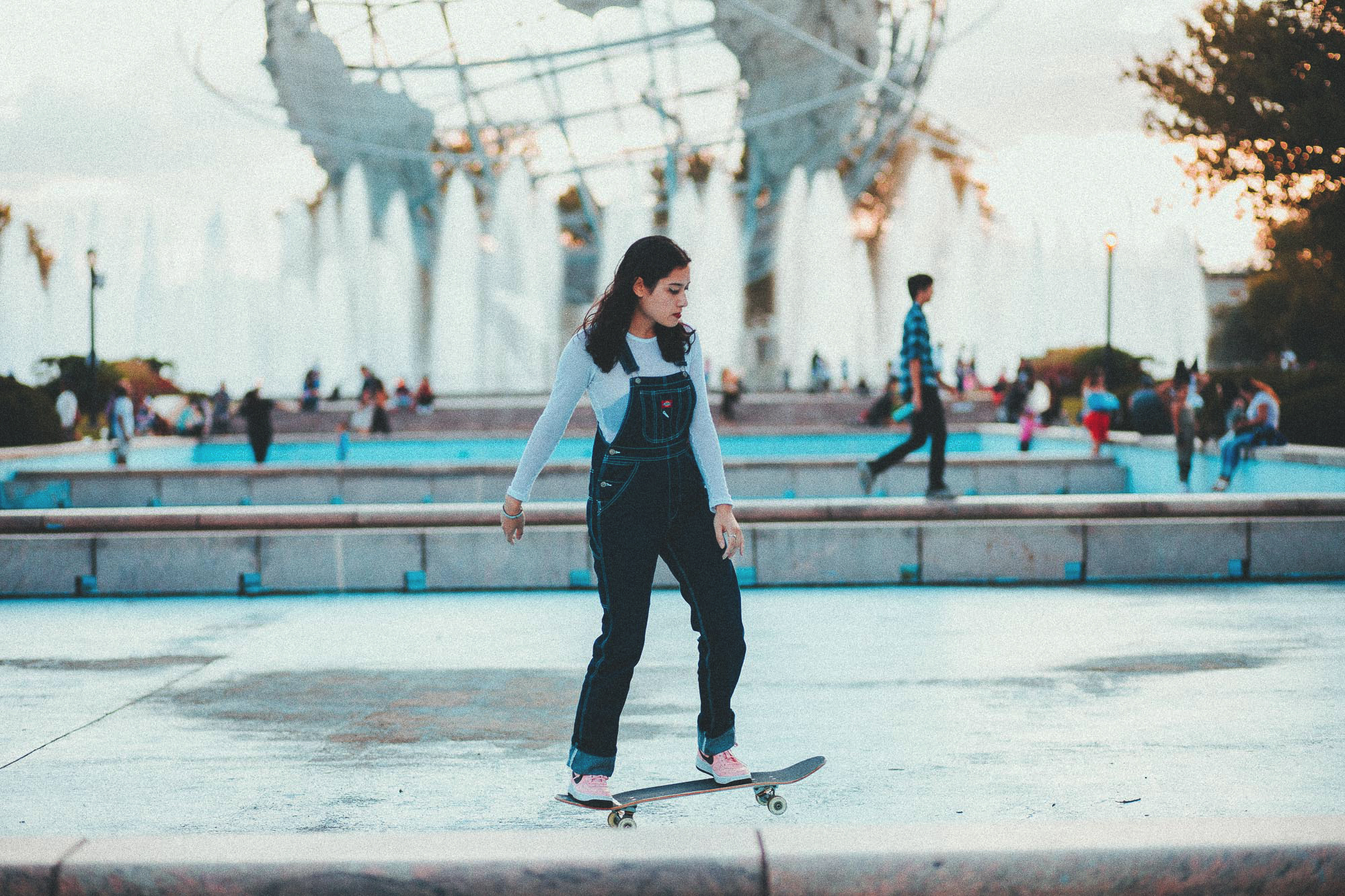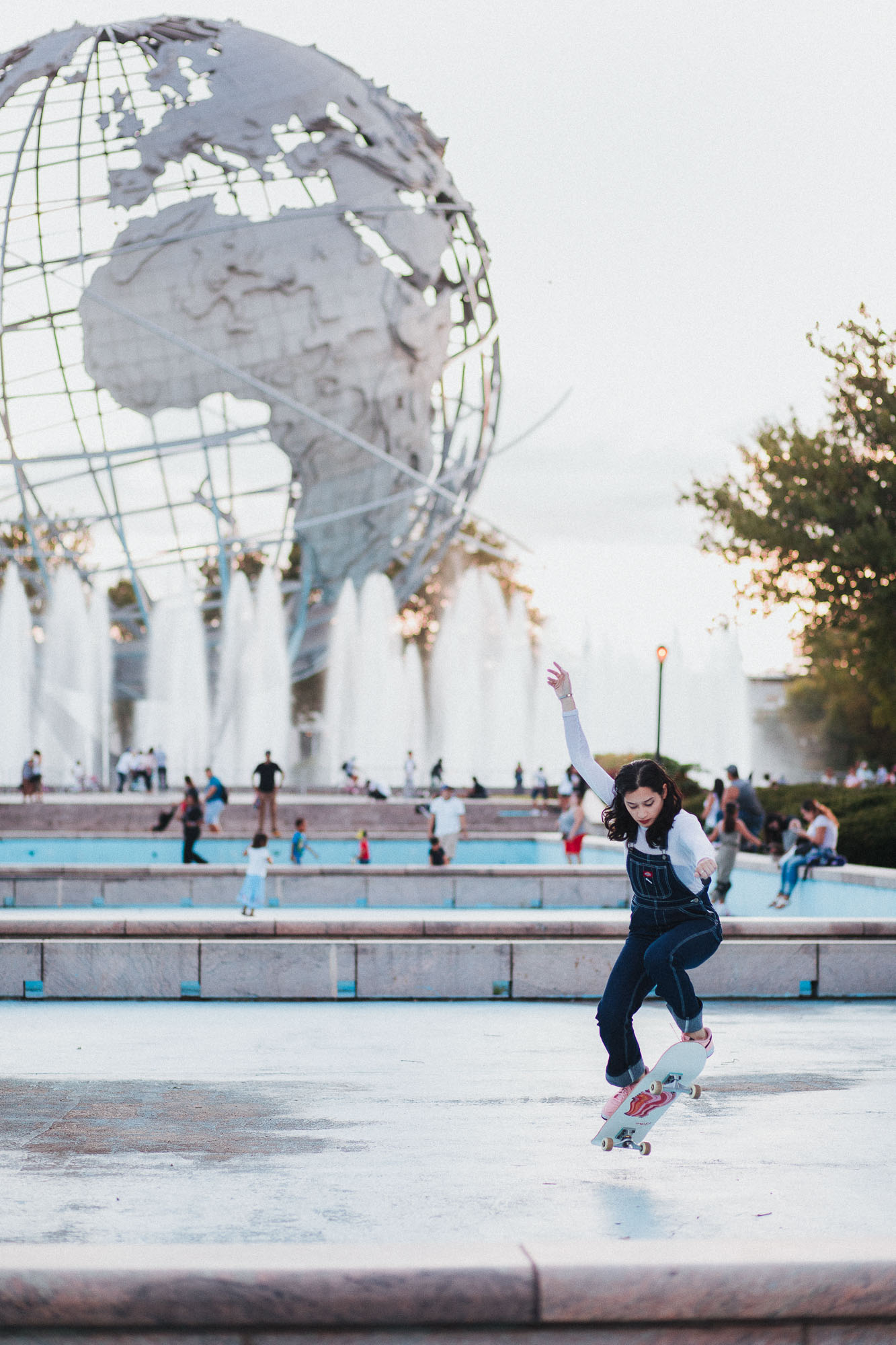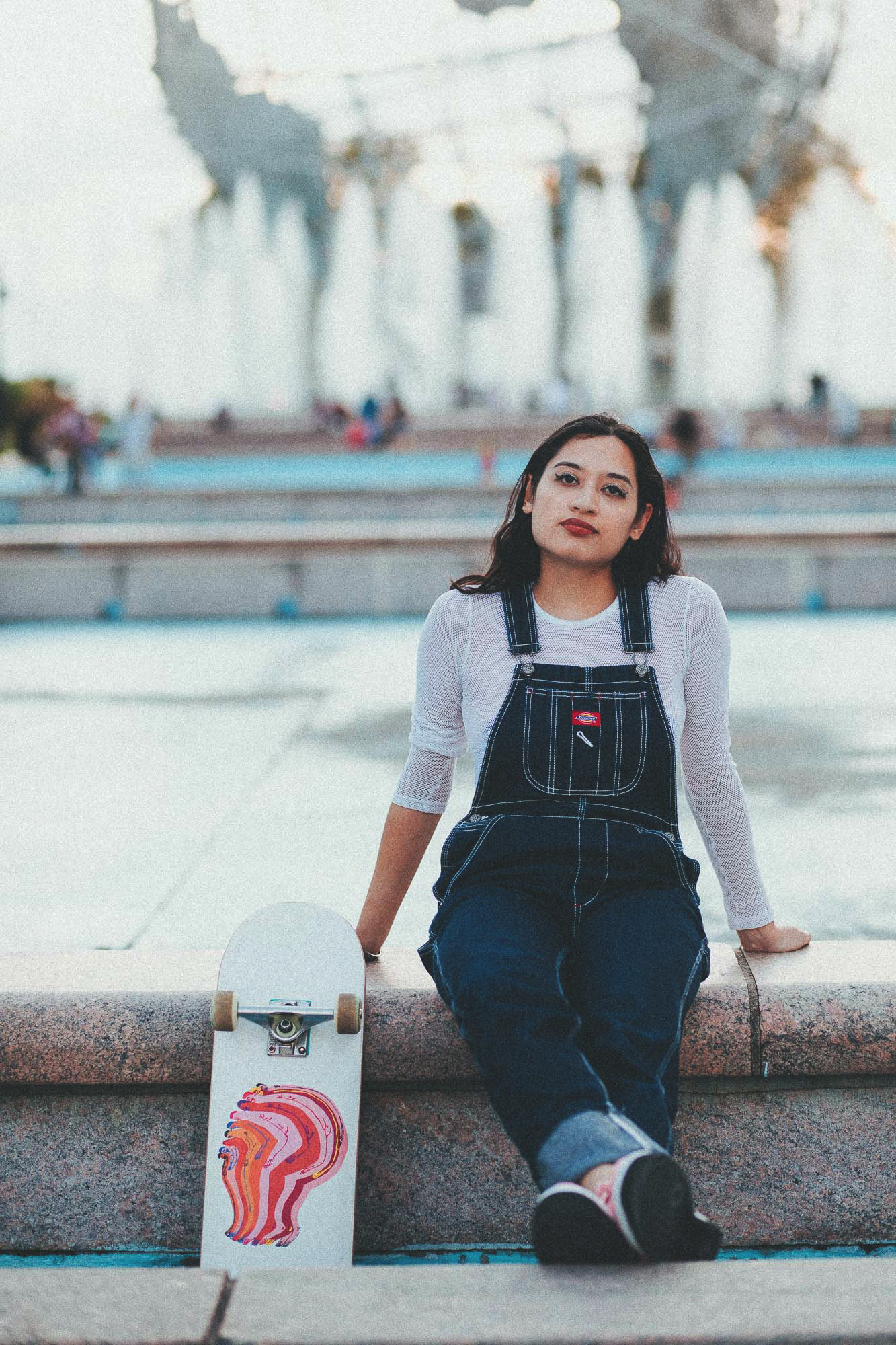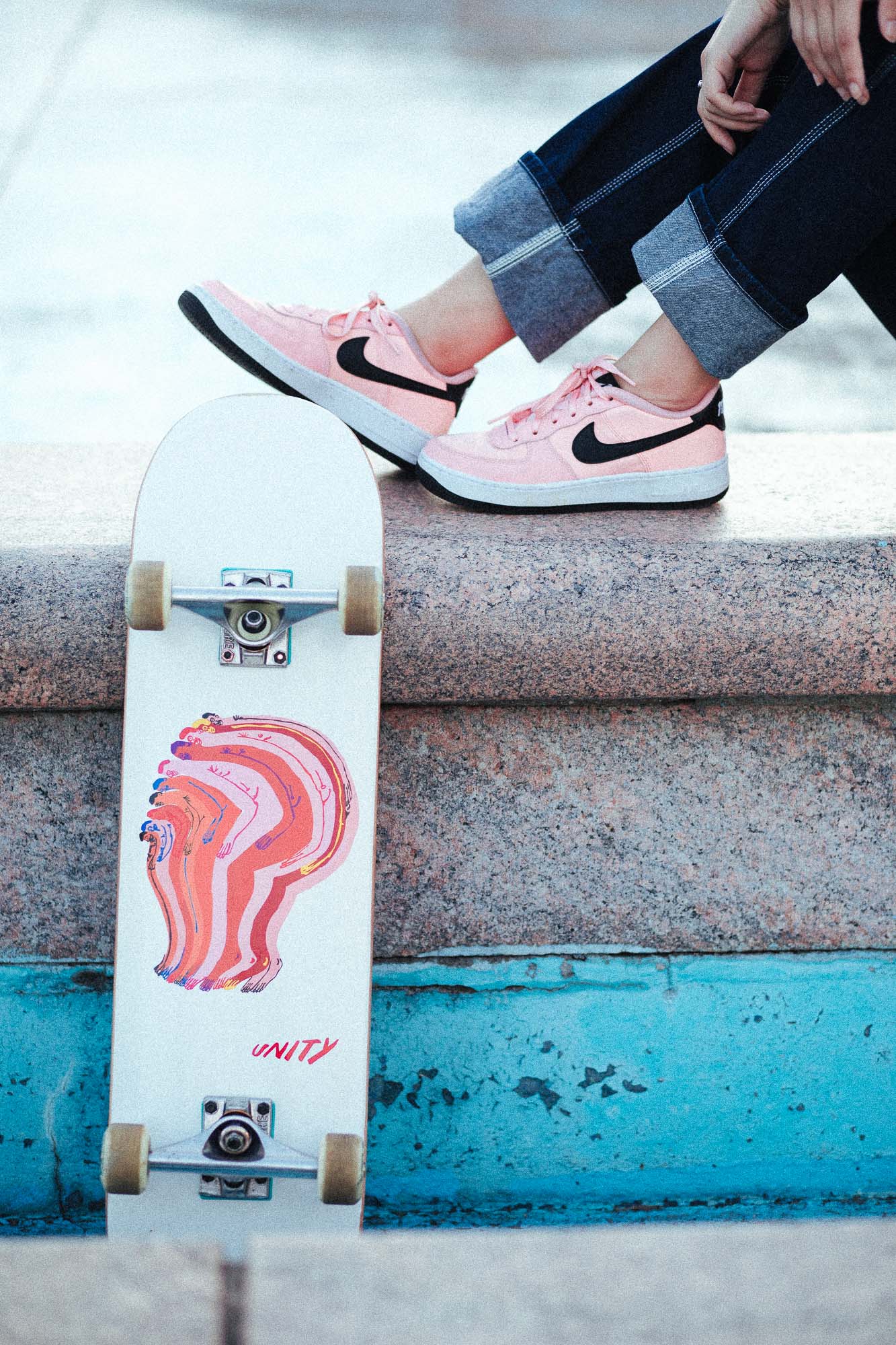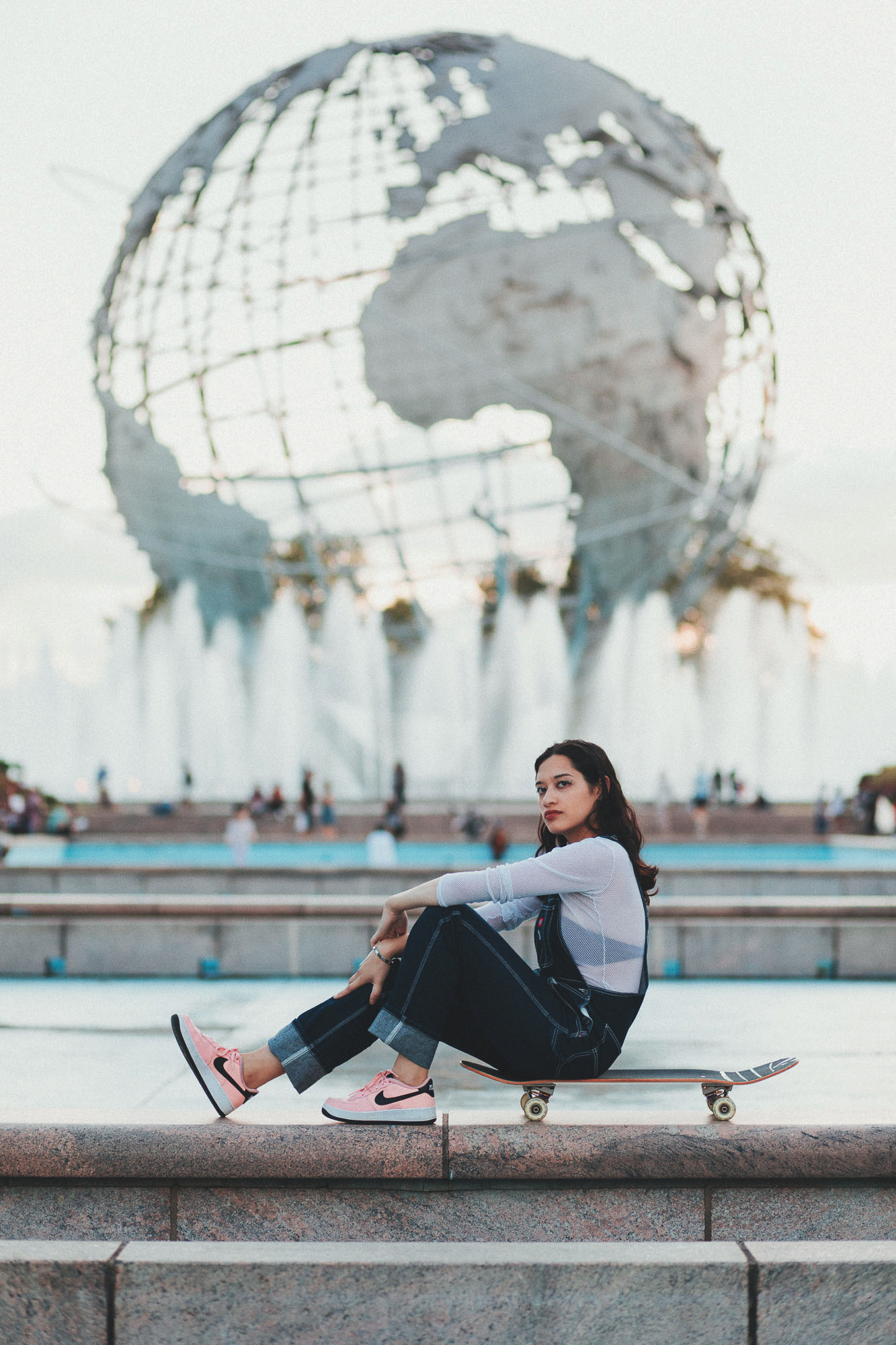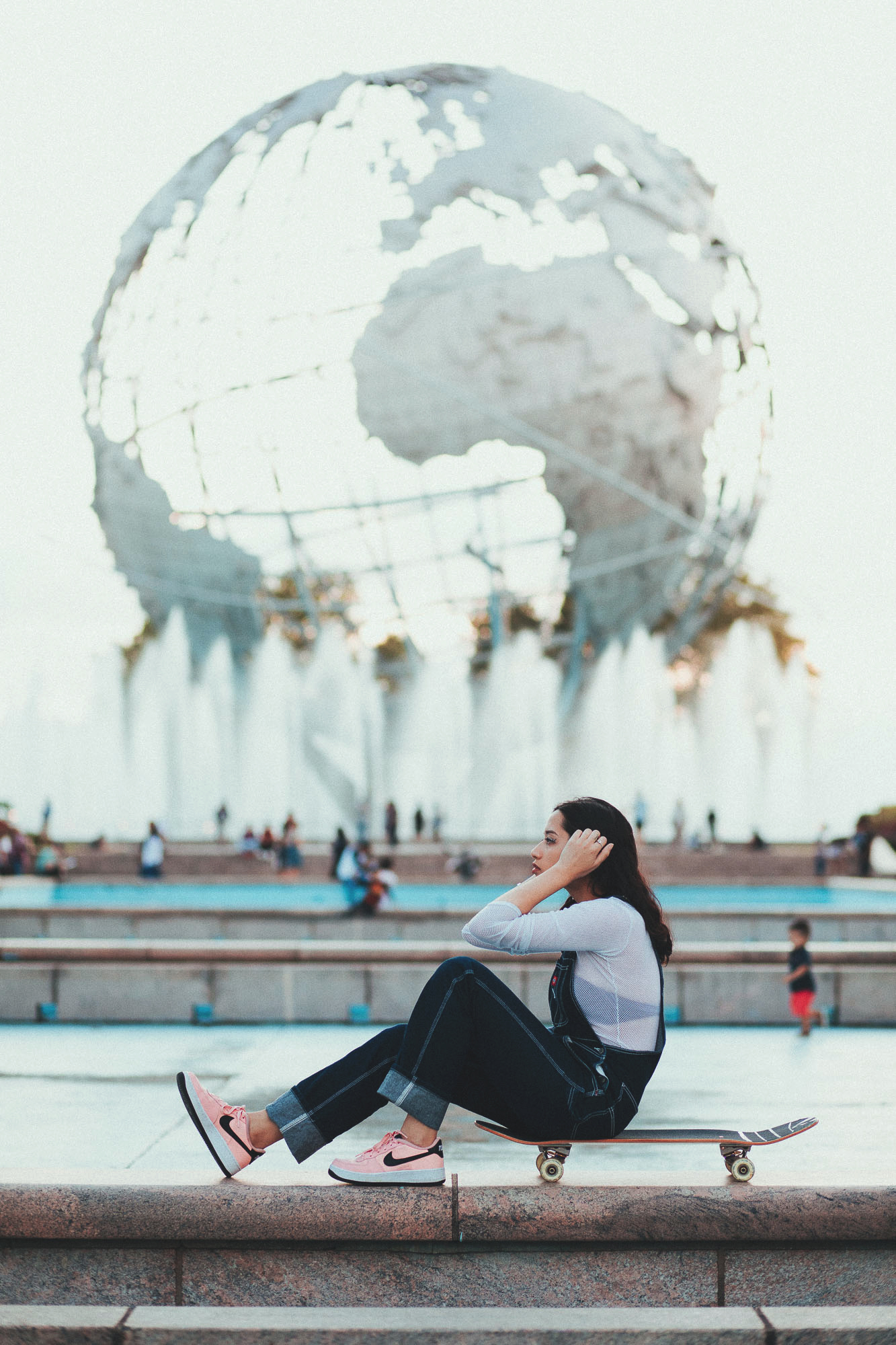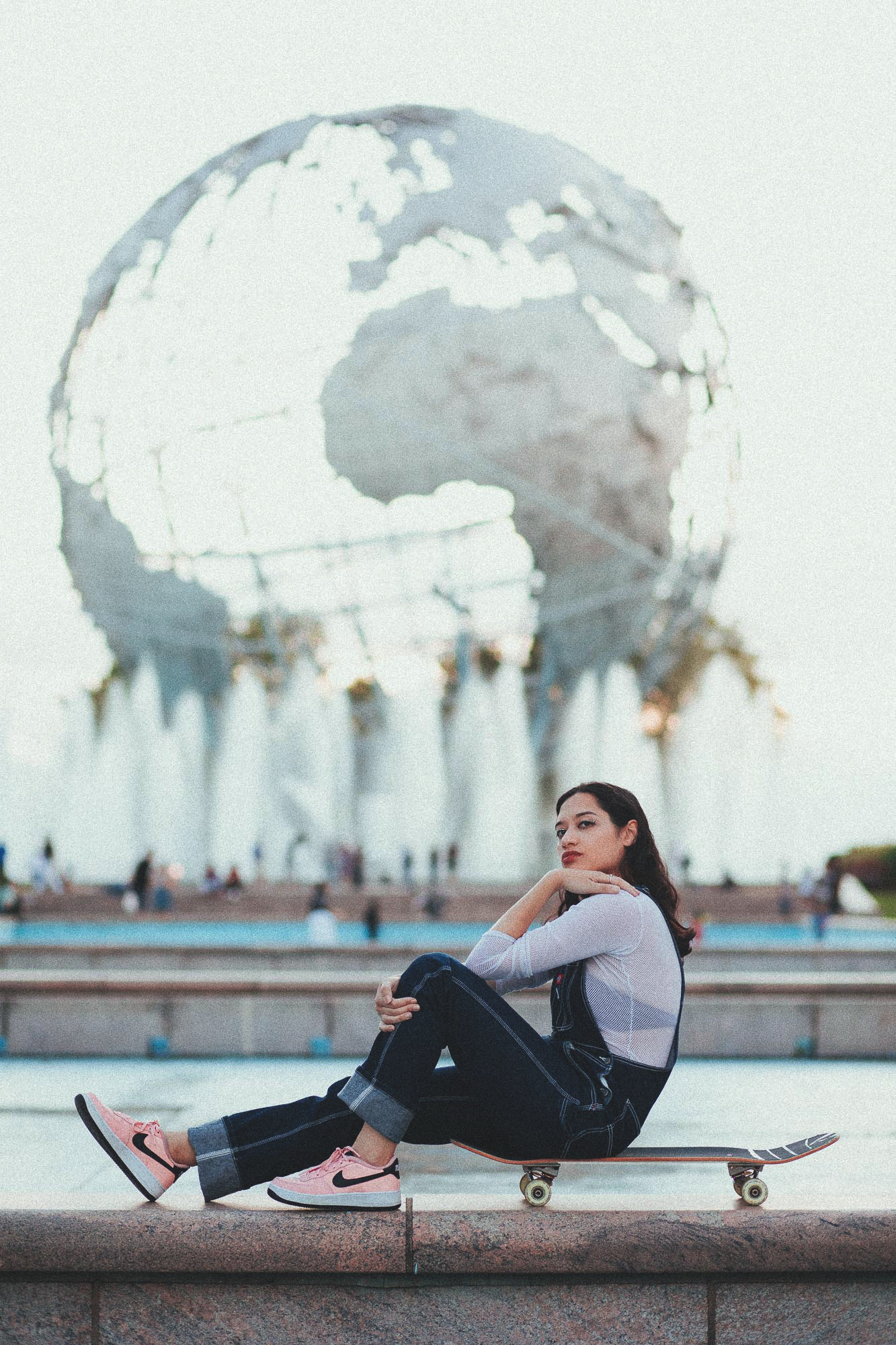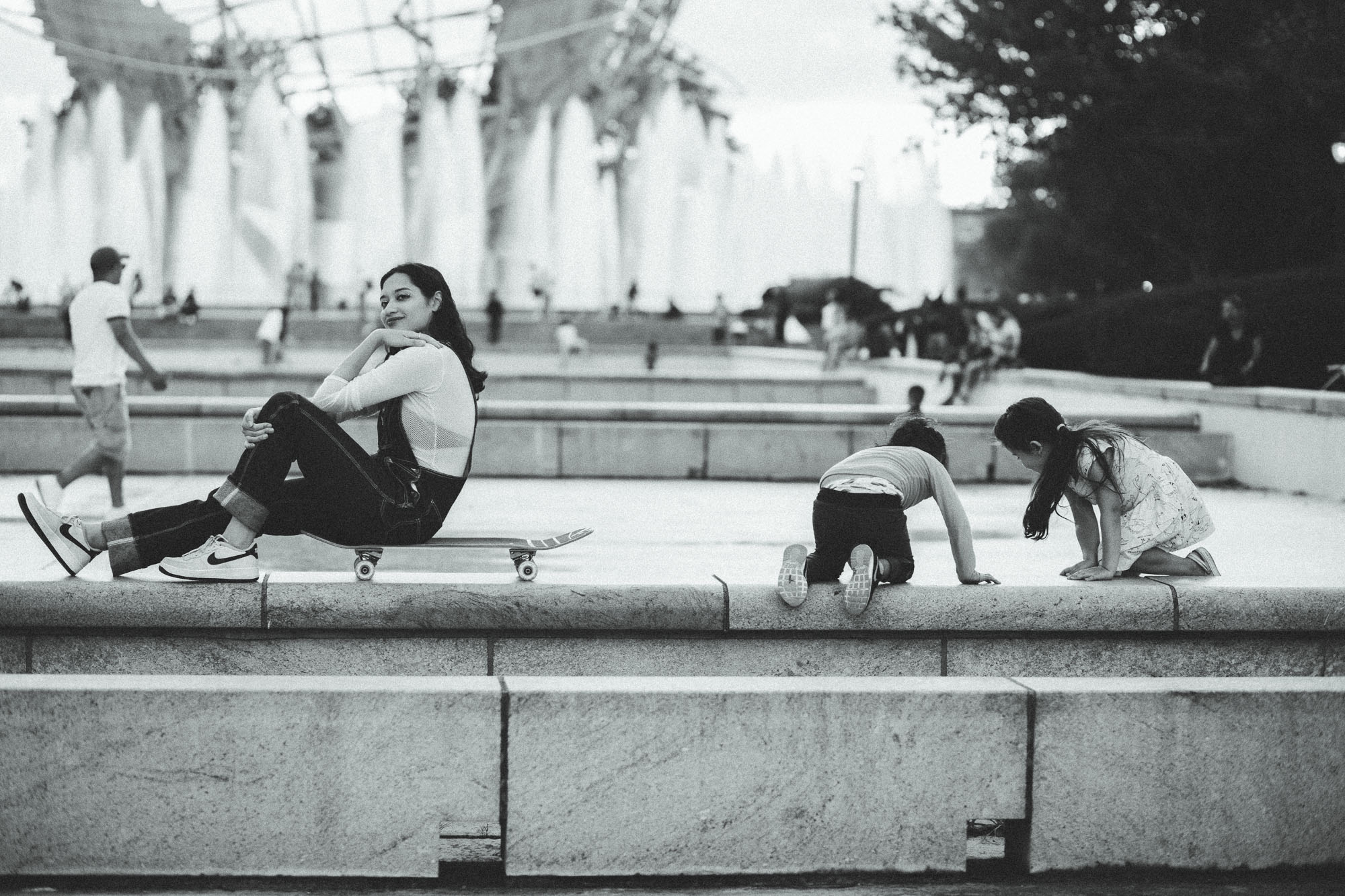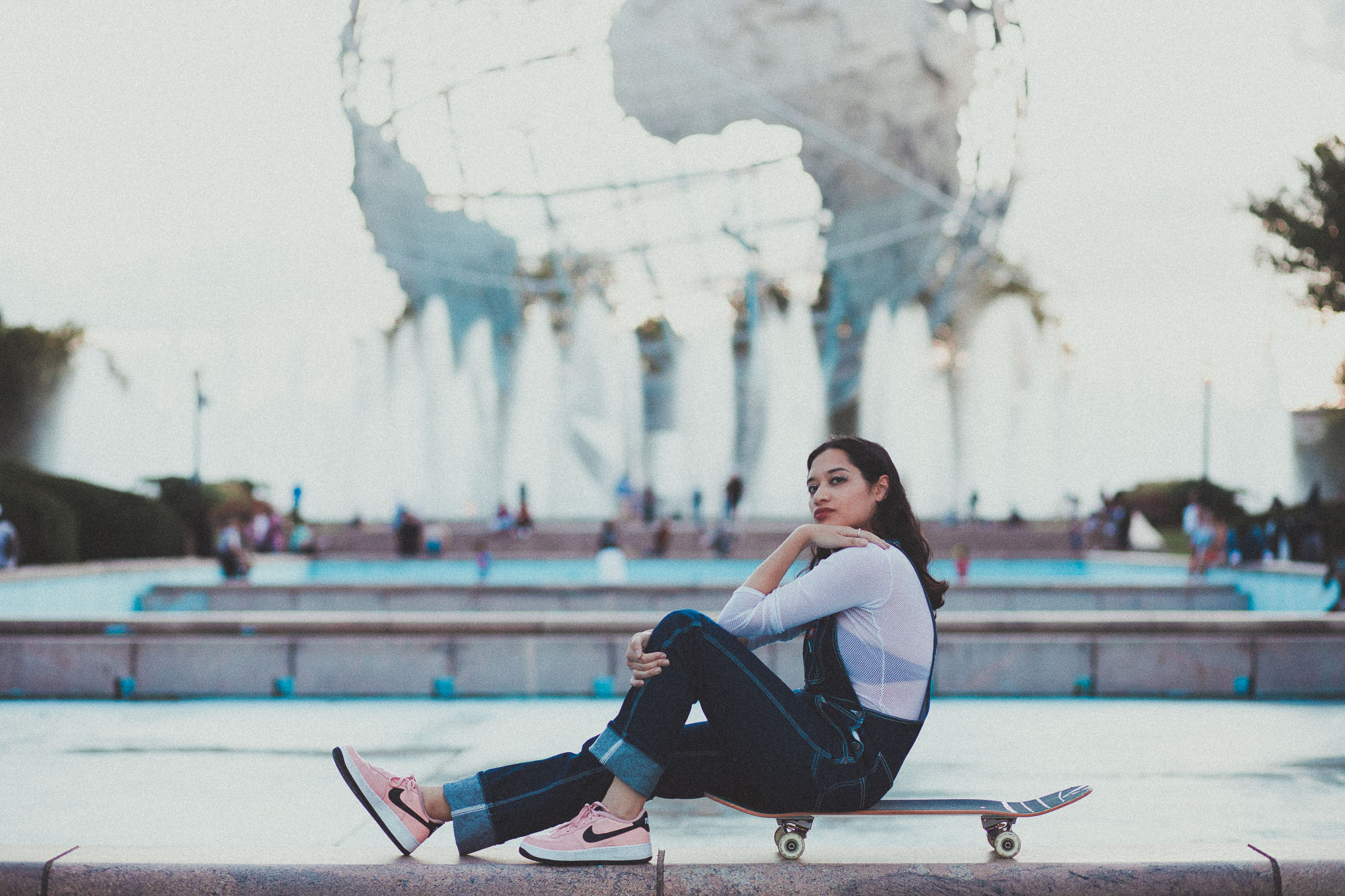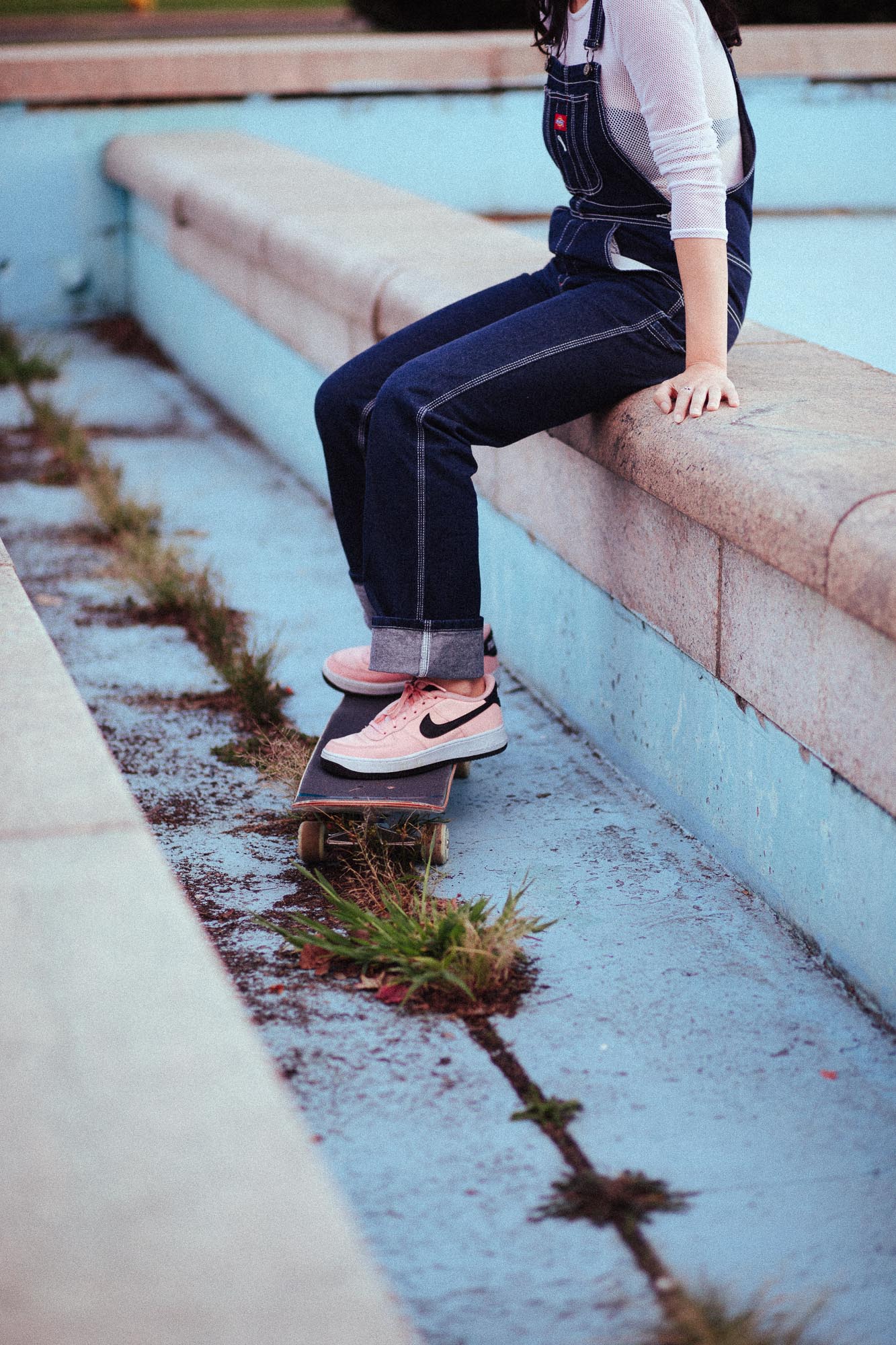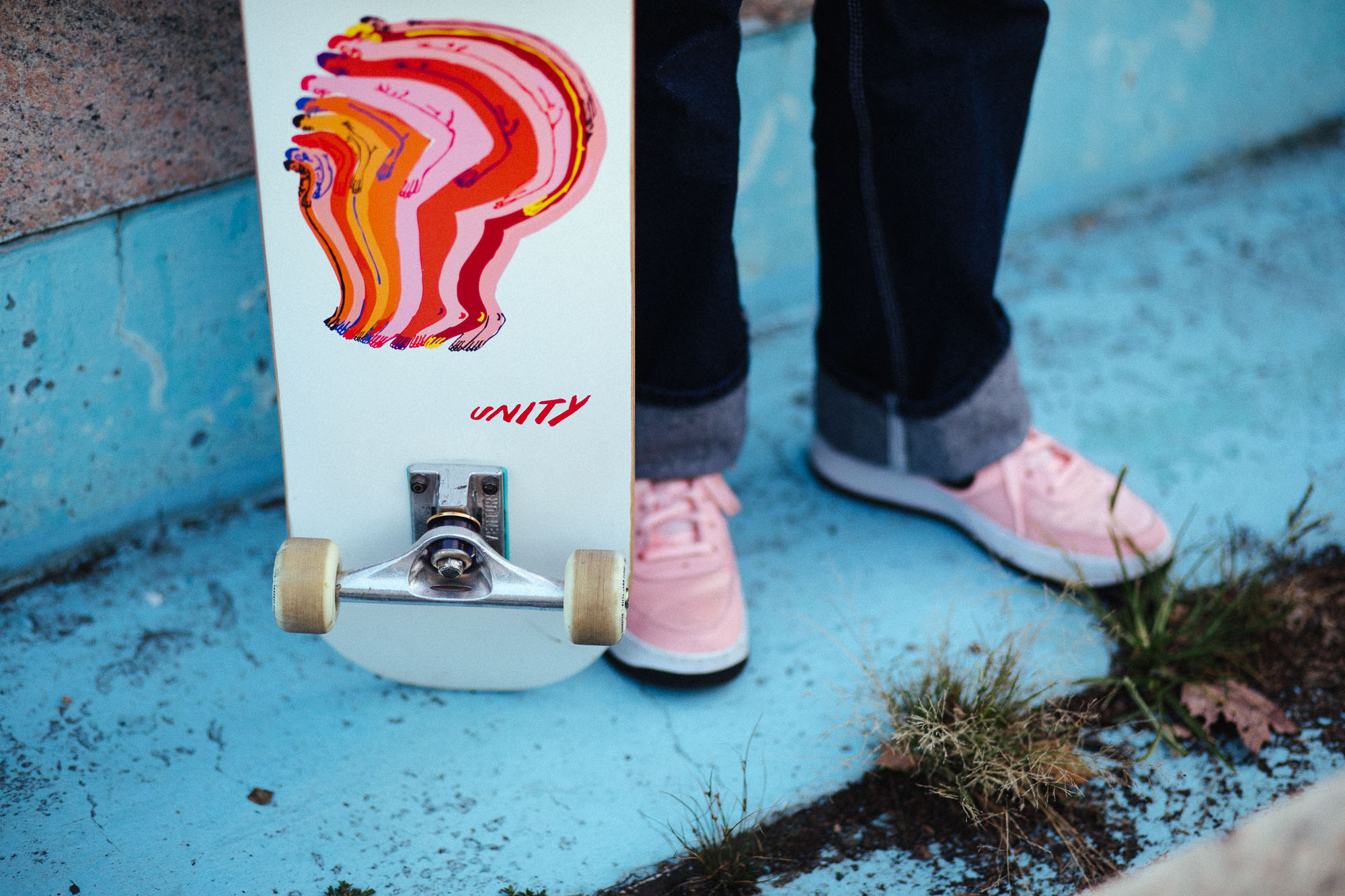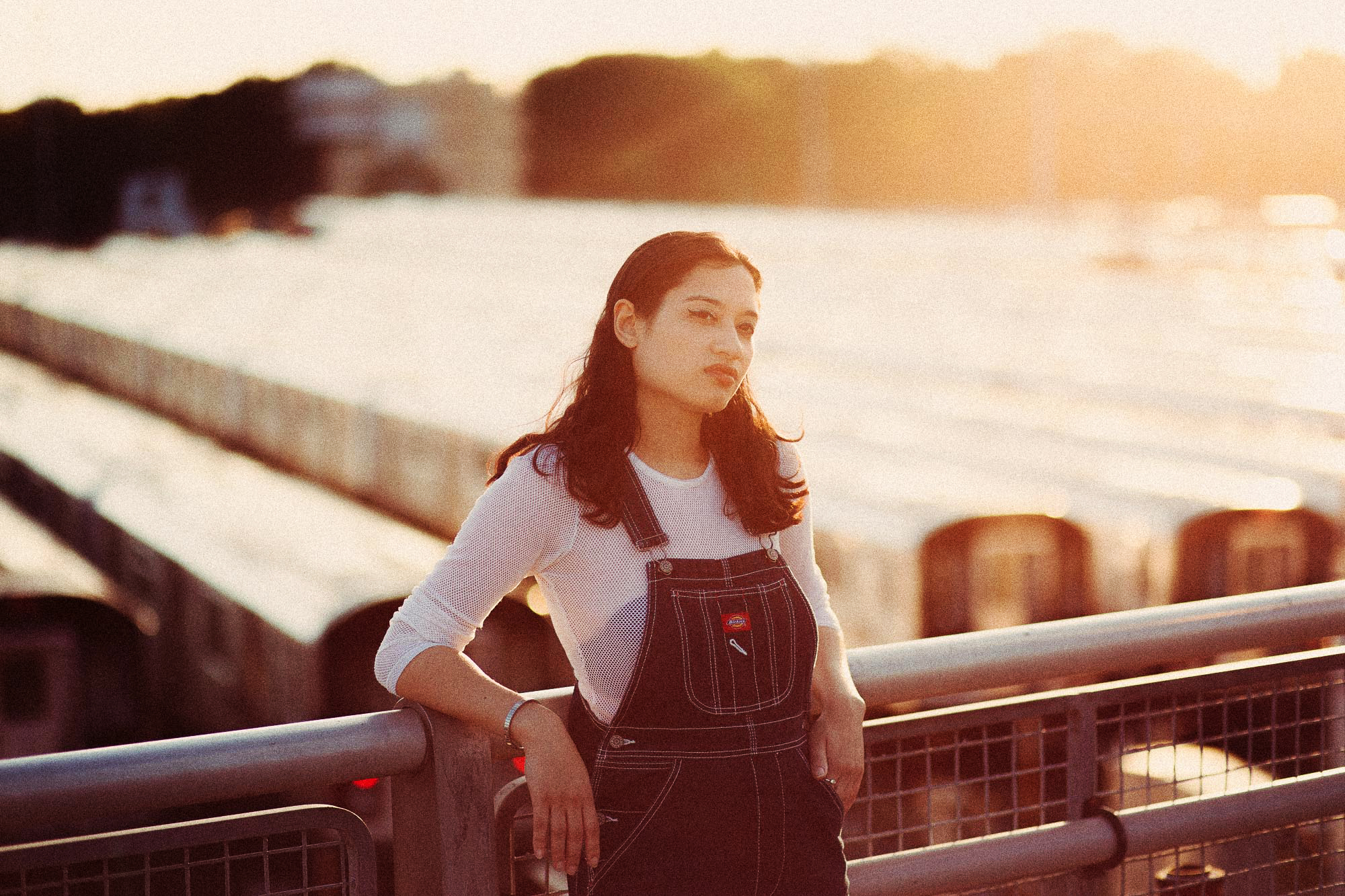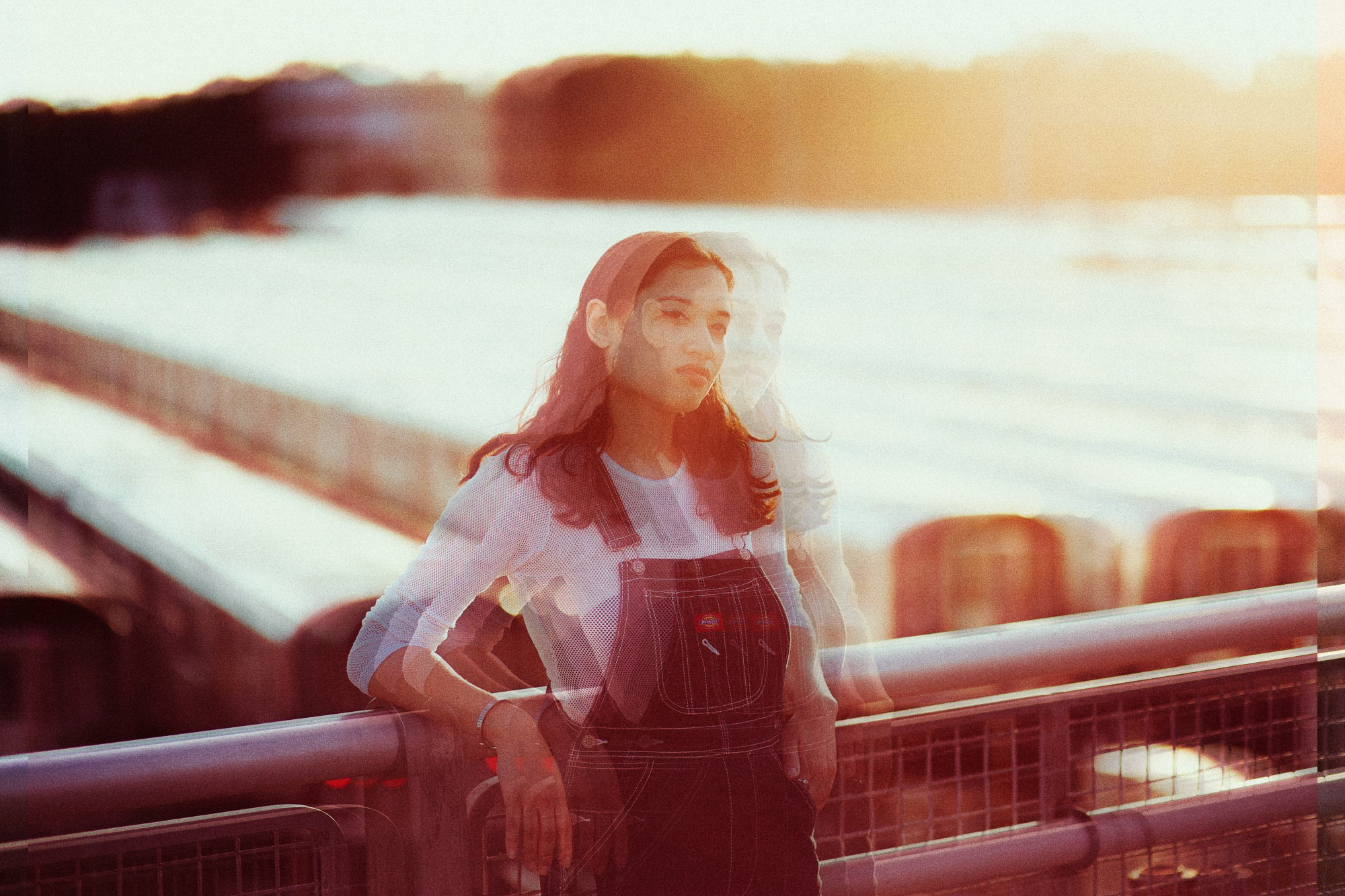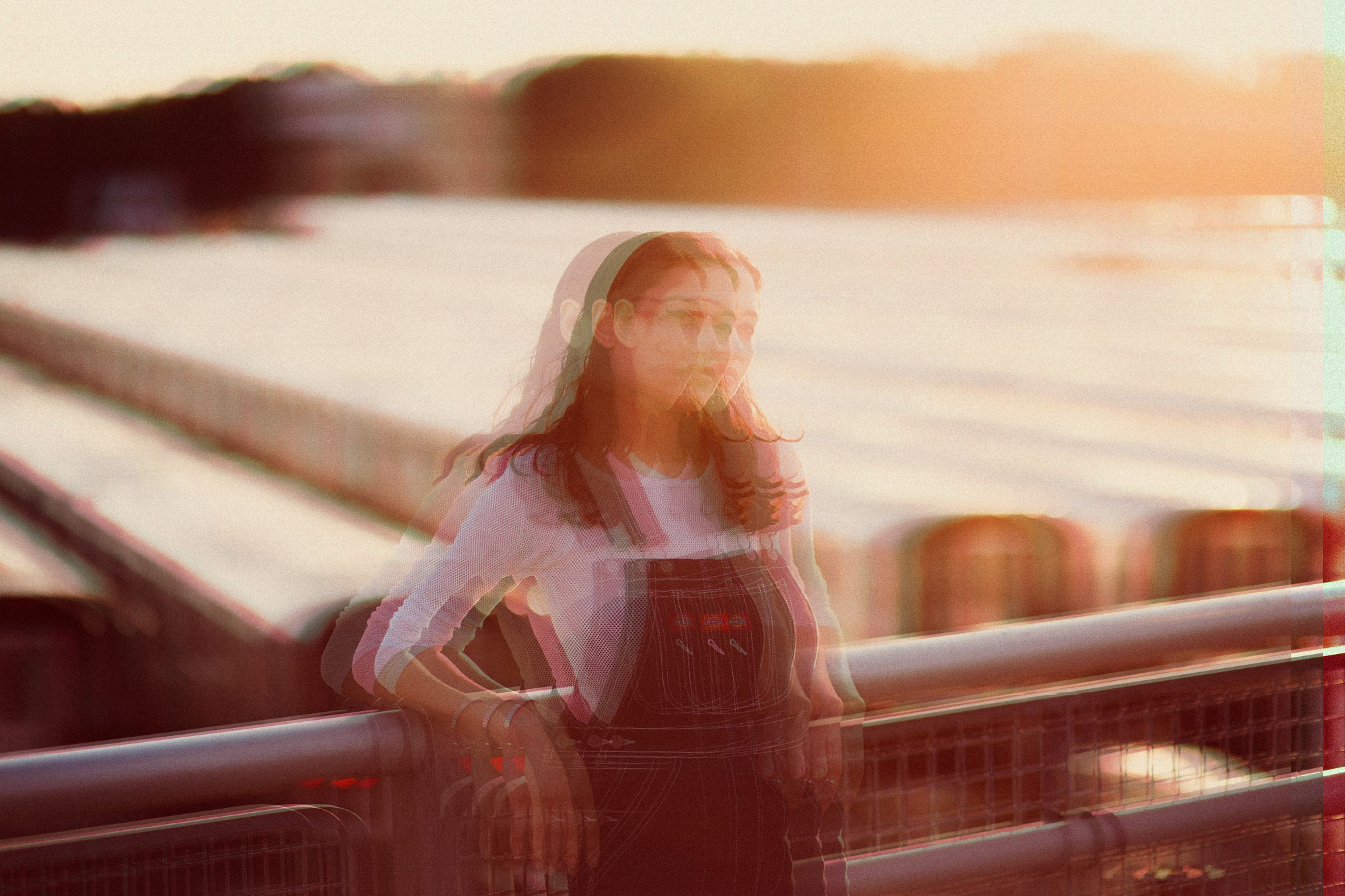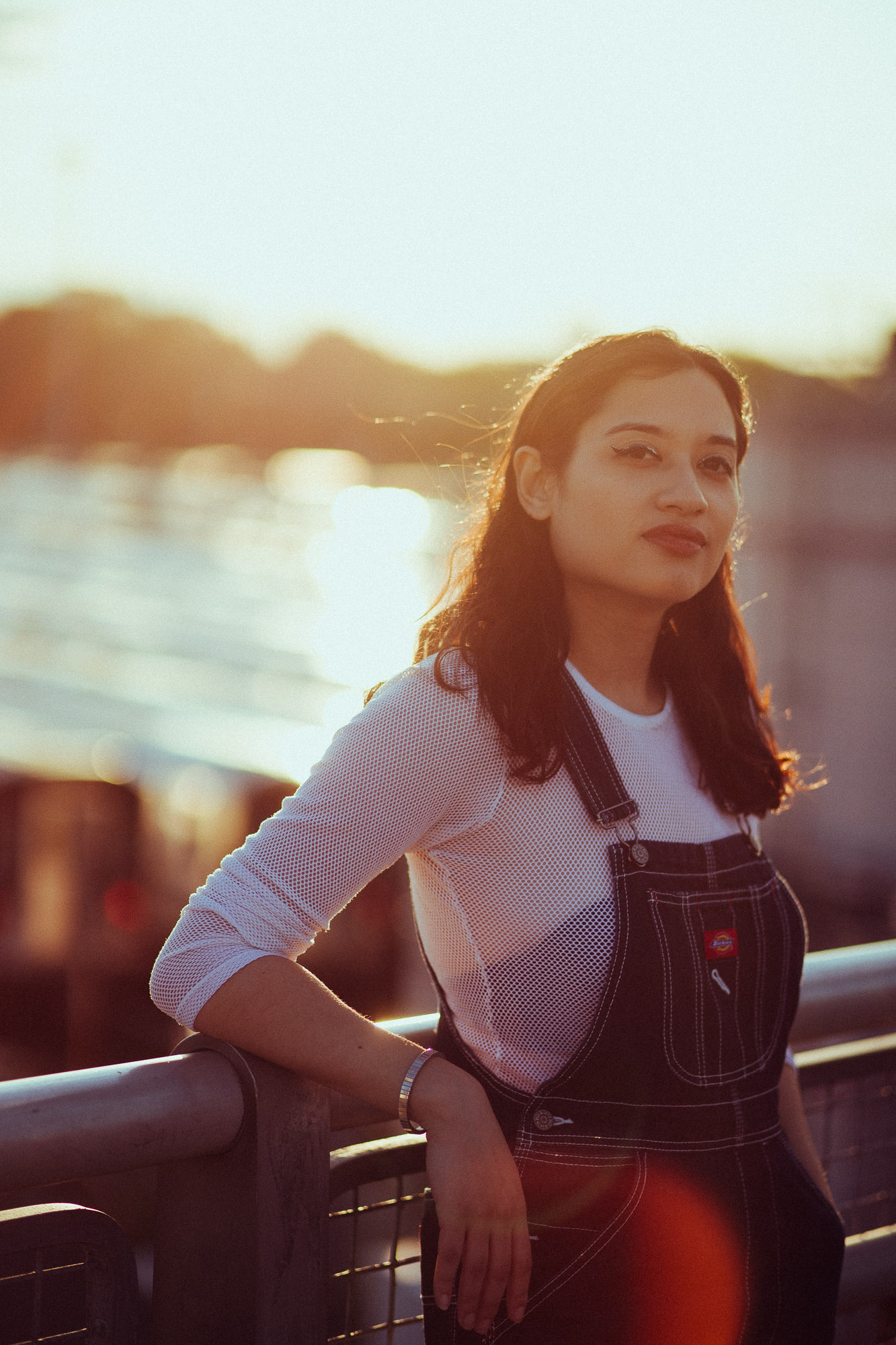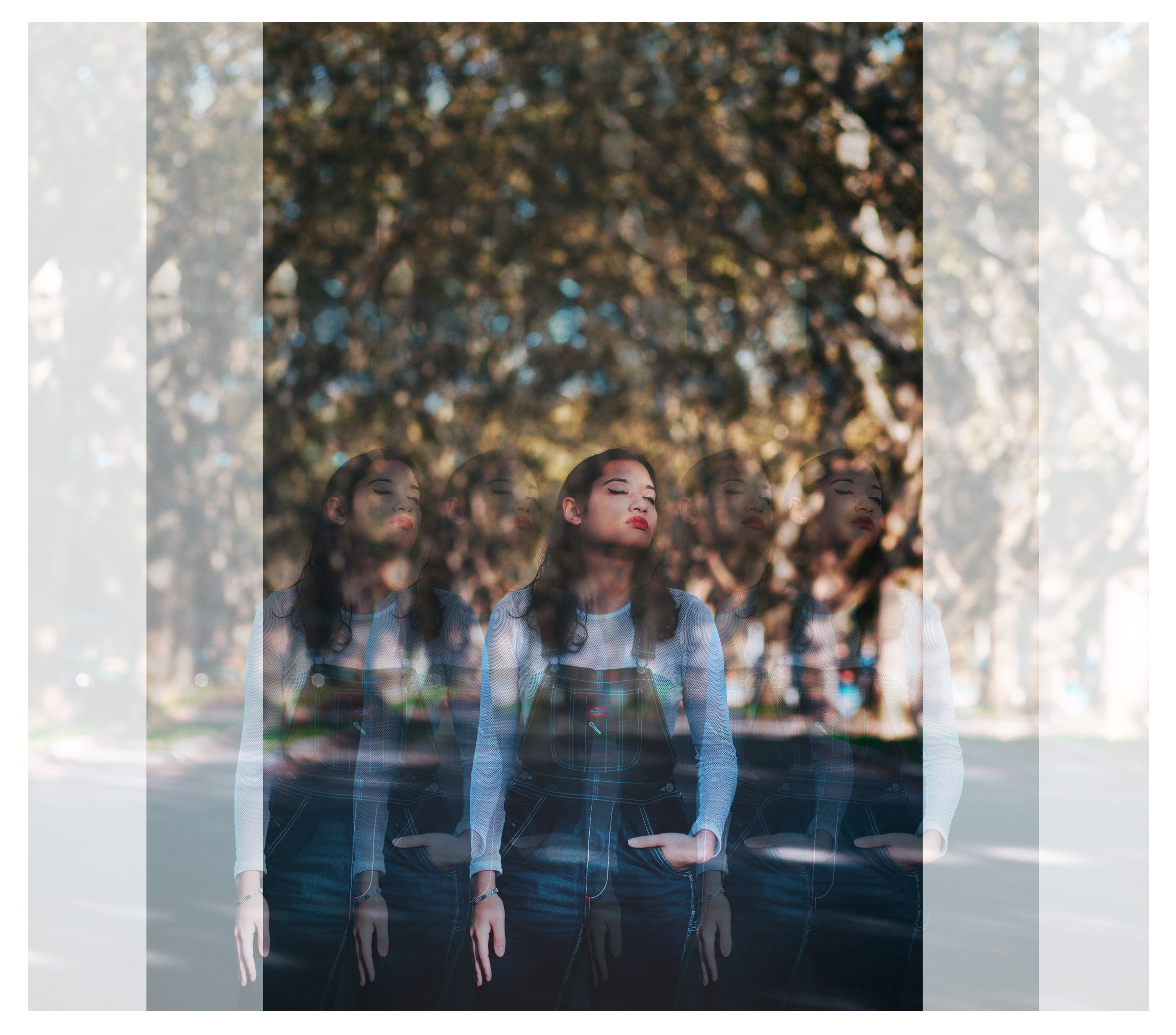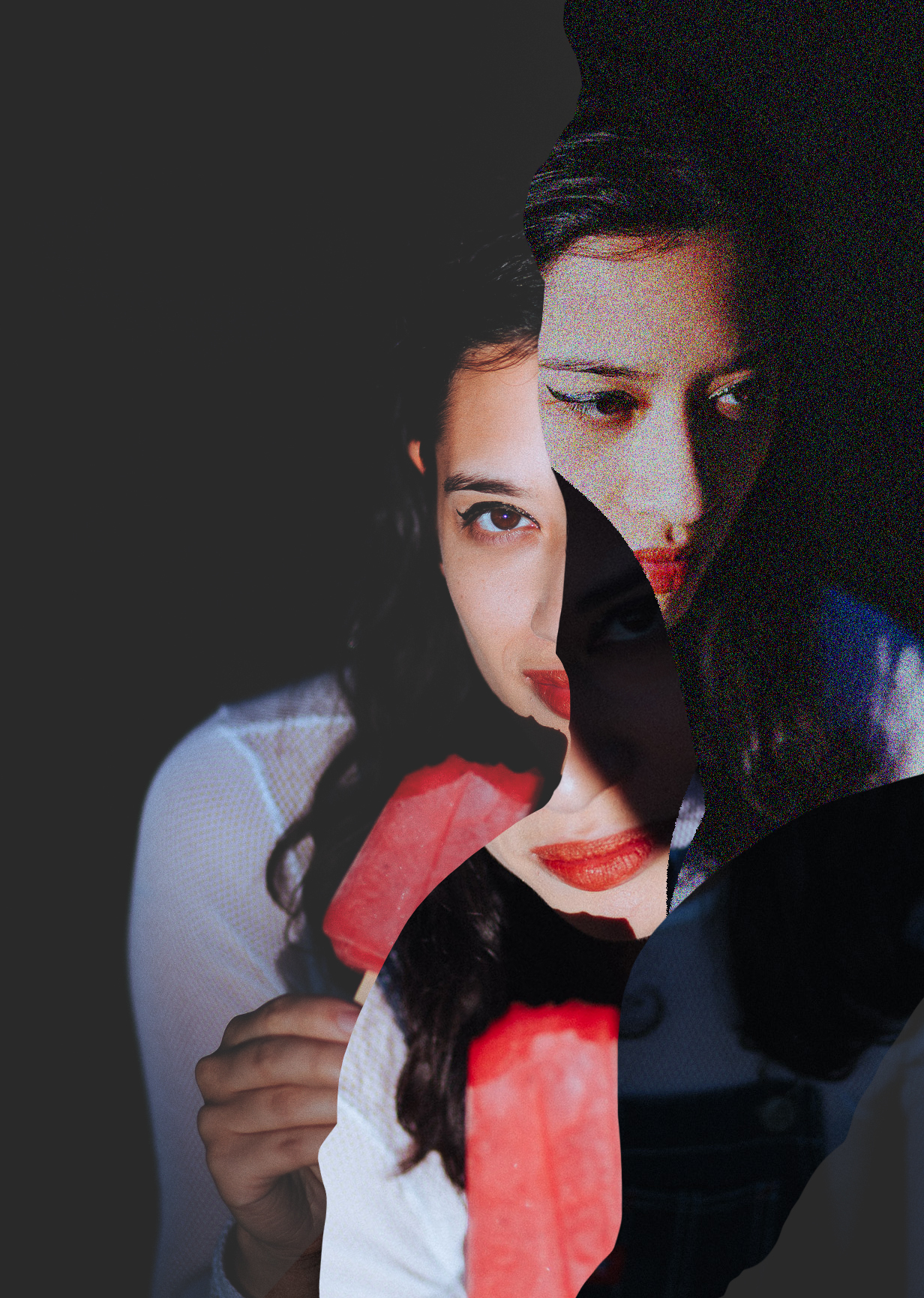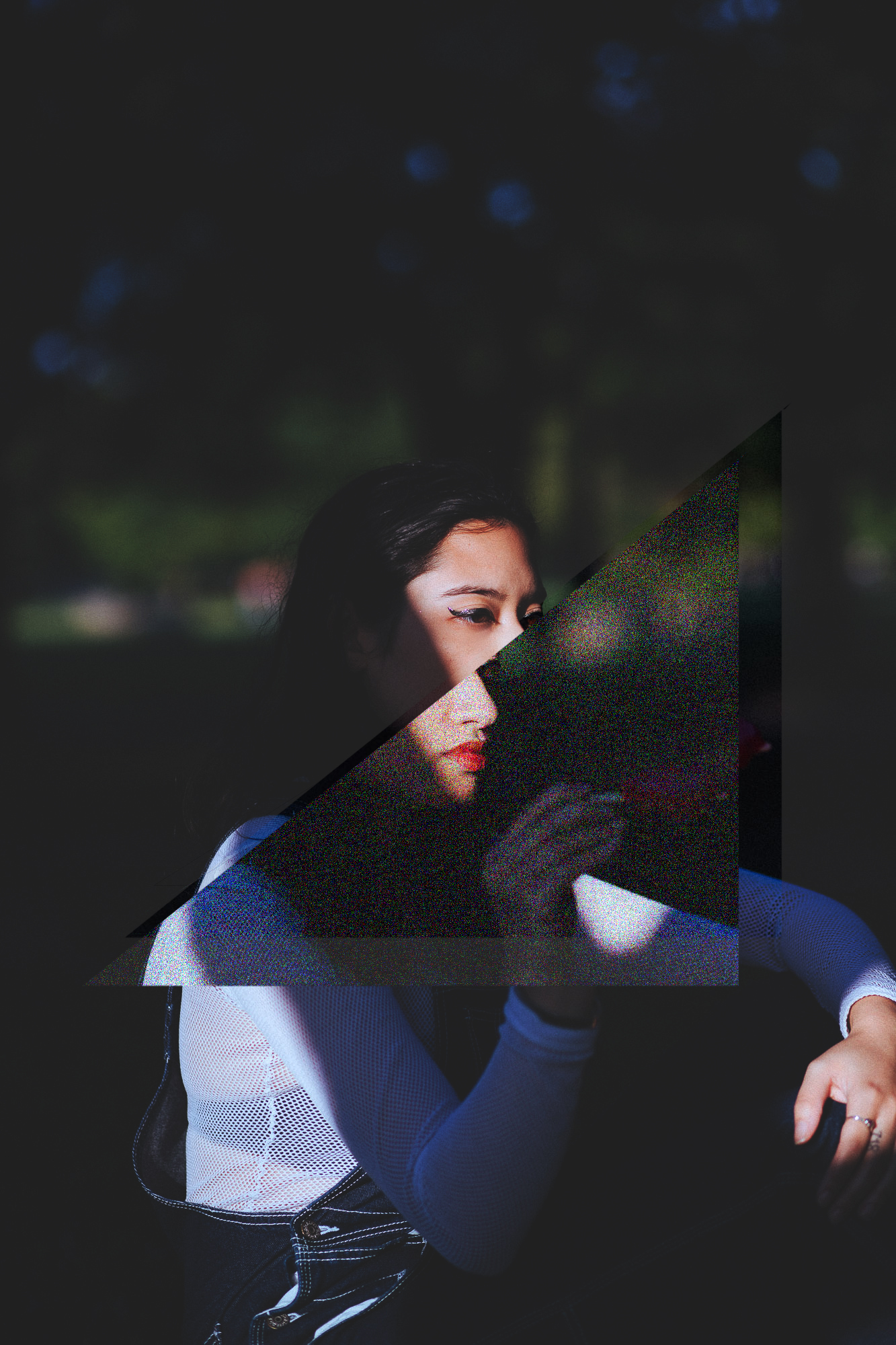spotlight: clarissa blau
clarissa blau, film producer
– Tell us a little bit about yourself. Where did you grow up and how were you raised?
I was born and raised in Queens to a Filipino mother and a native New Yorker Jewish father with European ancestry. Both my parents embodied hard work; my mother a nurse and my father worked in the post office.
So many of my friends growing up had different ethnic backgrounds, a lot of them were ‘half and half’ like me. At the time, I didn’t feel like that had a great significance, but in retrospect I’m so thankful for that experience. But of course I’ve had many moments of feeling like an other, when you’re the only person in the room with such a specific ethnic background.
– What are some challenges you have faced when it comes to navigating personal identity?
Being biracial often comes with the territory of having to explain yourself. People take a look at you and automatically want to figure you out. I always sense this underlying frustration when people can’t get it. And to make matters more complicated, I’m also bisexual. So you could say the notion of “bi” has always meant a great deal to me. Because of my personal identity, I’ve certainly felt fetishized. On numerous occasions, people have described me as “interesting” once I told them about my background. What’s so interesting about your truth right?
– Have you ever experienced someone making assumptions about your background (race, ethnicity, culture, nationality, etc.). If so, what kind of assumptions were made and how did you deal with this?
Constantly! People are convinced I’m Puerto Rican or Colombian. When I tell them I don’t speak spanish, there’s this “oh my god no way” moment that I’ve grown accustomed to. I realize this isn’t so far fetched, when you look at the history of the Philippines (being colonized by Spain), but it’s still frustrating to feel like your identity is in question like someone could know you better than you?! I like to believe I’ve gotten to a place where these assumptions don’t bother me, you have to put one foot forward and take charge with this decisiveness that no one can mess with.
– On our website we define [mxd] subjects as being "in perpetual flows and shifts between a multiplicity of personas, positions, and points of interconnection". In what way do you consider yourself to be a [mxd] subject? In other words, how does complexity fit into your personal identity? Or how do you dis-identify with identity labels that people impose on you?
What can I say? I’m not a straight line, everything I’m about and where I’m from speaks to this. I realize a lot of people are against labels, but it feels empowering to verbalize my biracialiness and bisexuality. It’s my way of taking ownership, so no one else can mislabel me.
– What do you do and what are you currently working on? Feel free to include any personal/passion projects you are thinking of/working on that incorporate experiences/aspects of your background.
Currently I’m a producer in the commercial world, working primarily in fashion & beauty. I’m trying to dedicate more of my time into directing personal projects. Two short films I want to make speak directly into my personal identity. One focuses on a bisexual girl, who gets into a compromising position with a couple who want to have a threesome, ha. The other is about a Filipino girl, who refuses to pray the rosary after her mother has been deported. I know, both very different stories, but can’t help feel these two narratives are needed on screen; visibility is everything. We have countless stories on screen that speak to the white heteronormative experience. We need to do more and show more.







